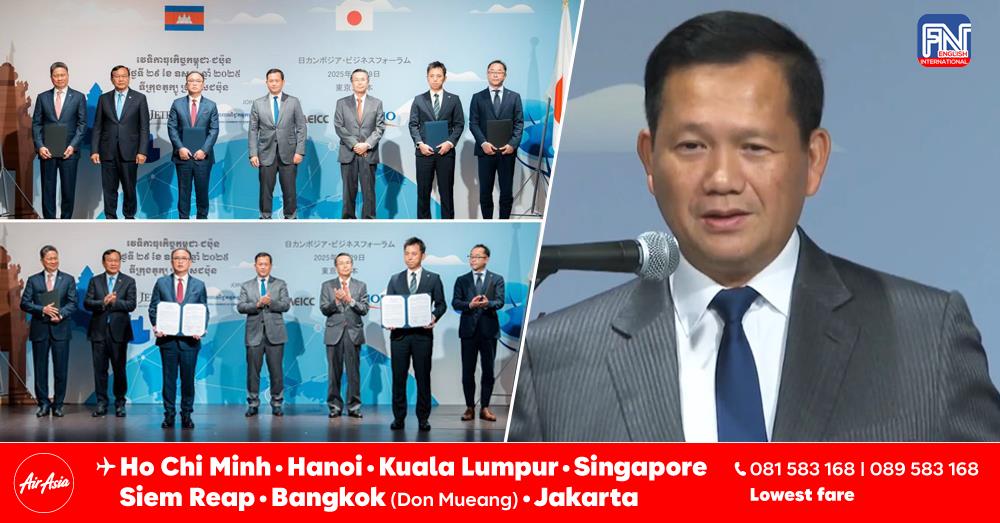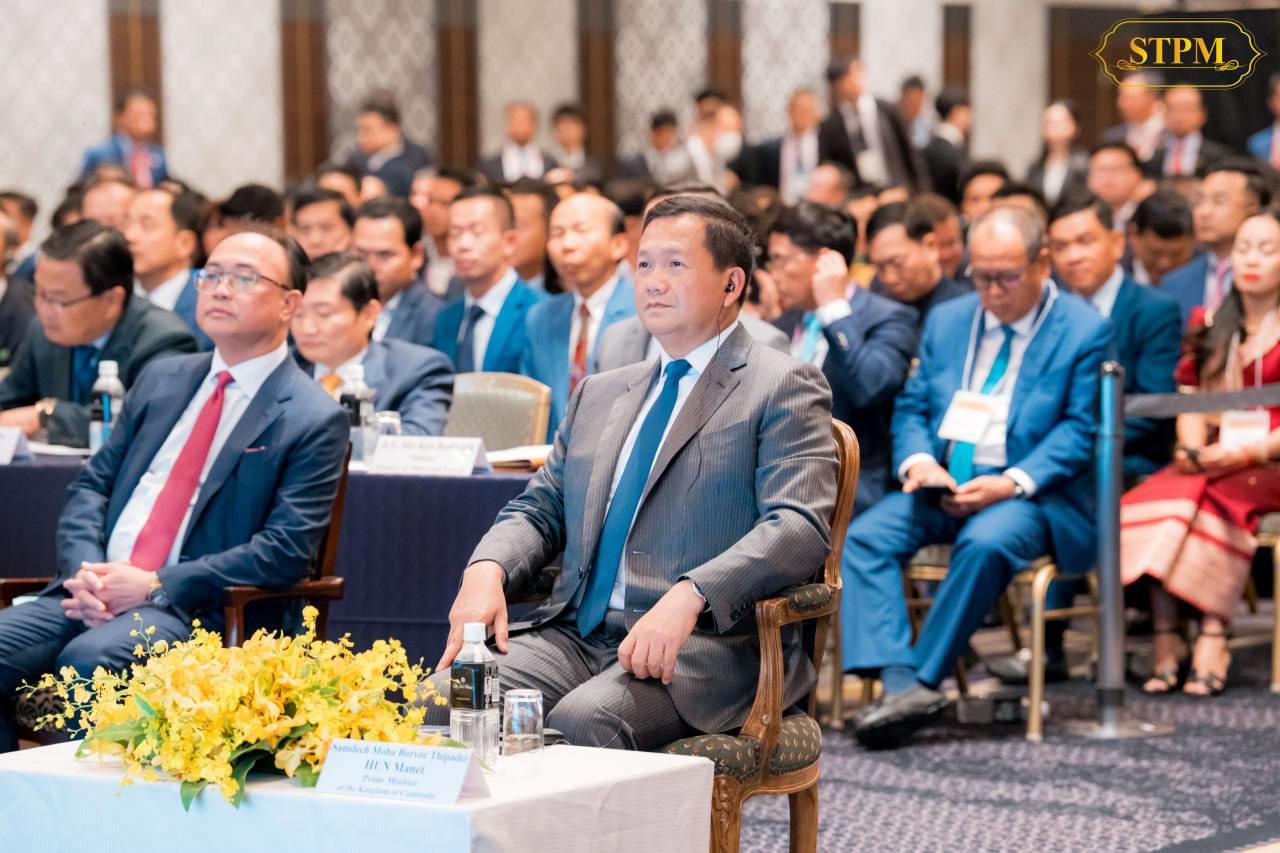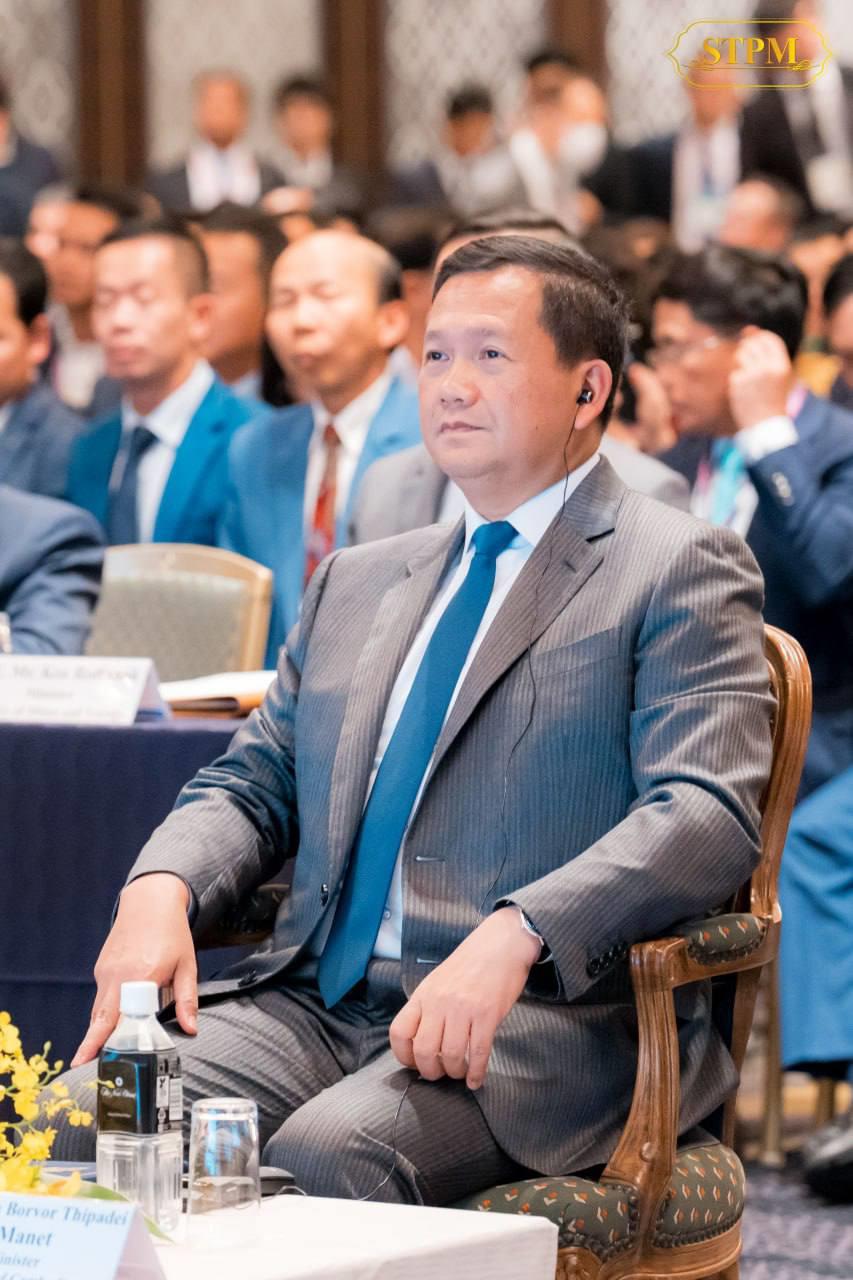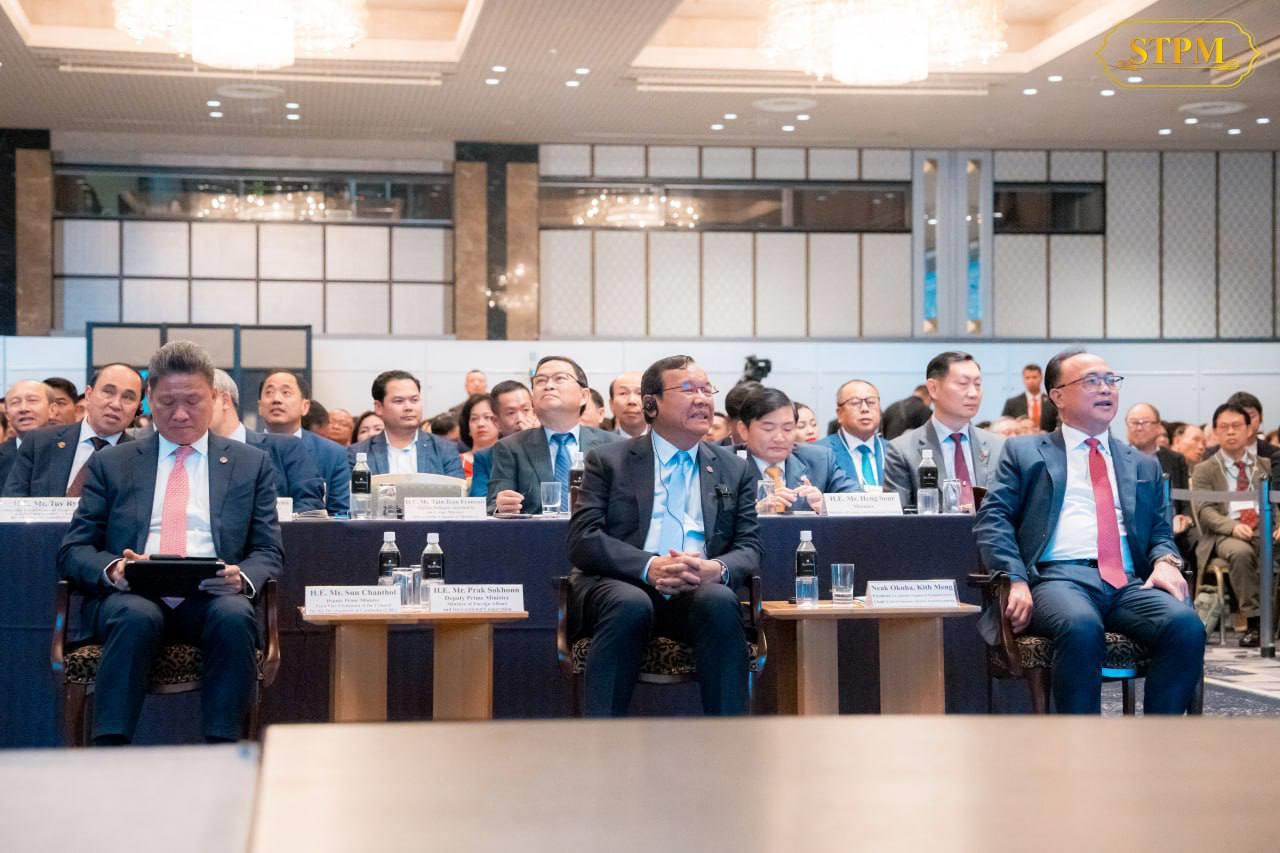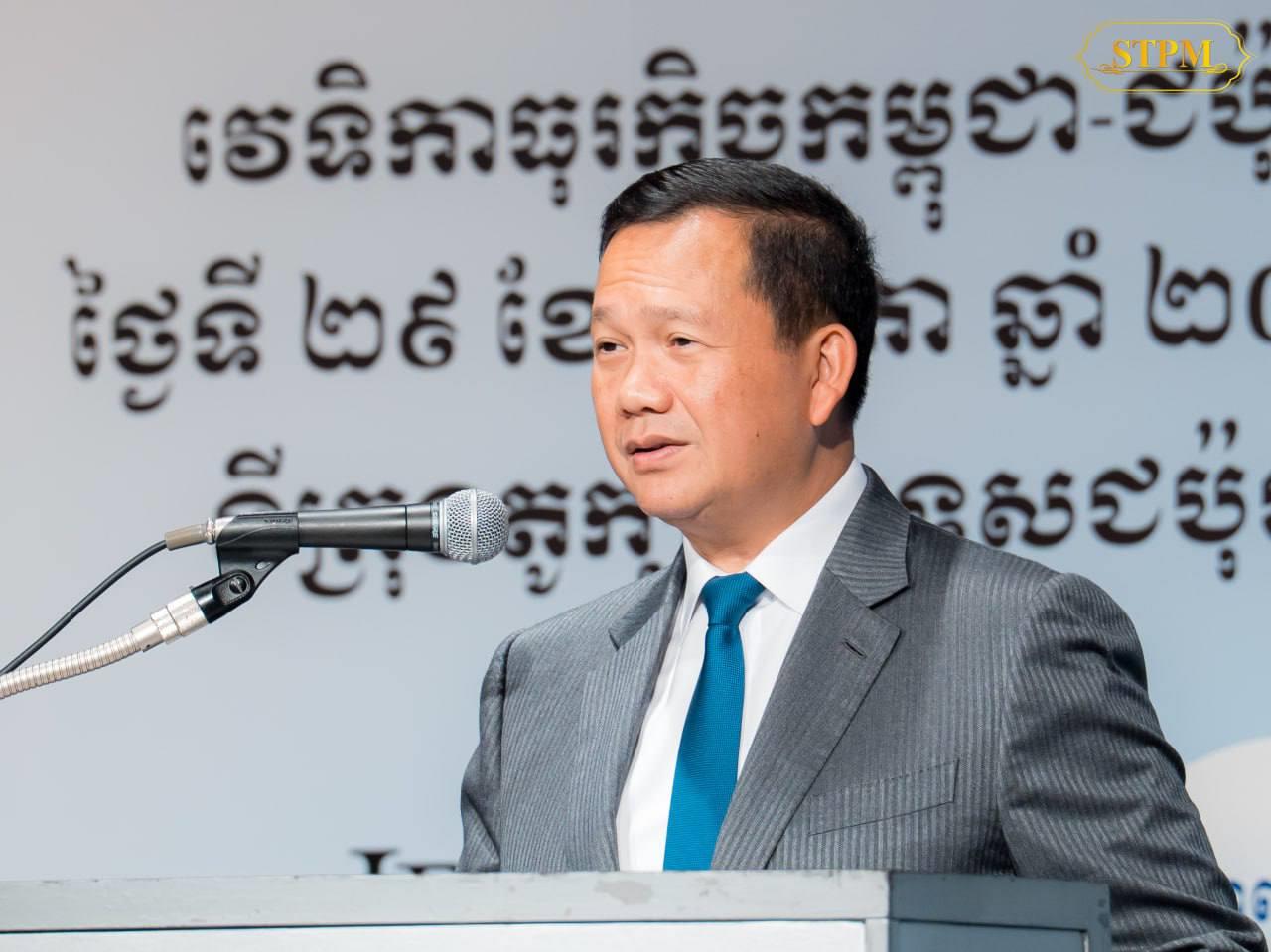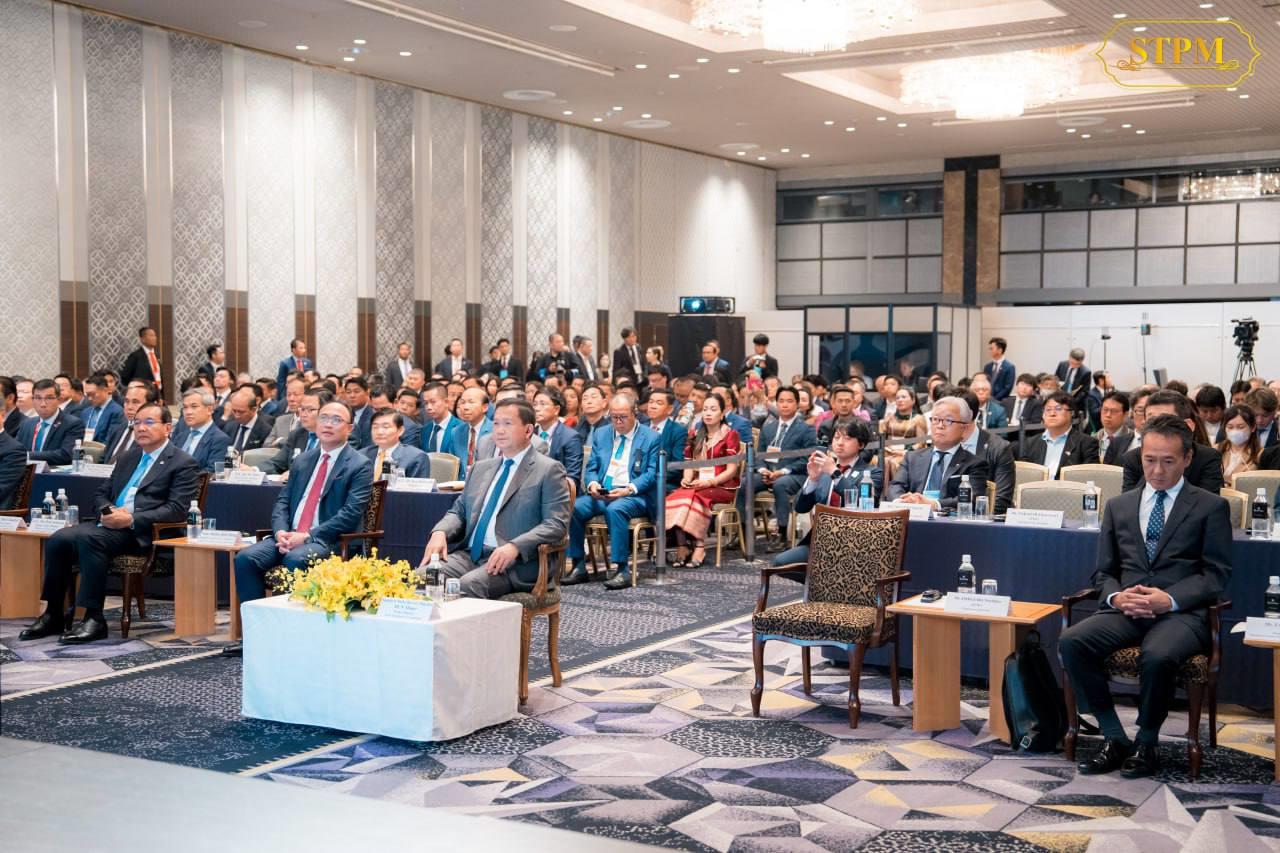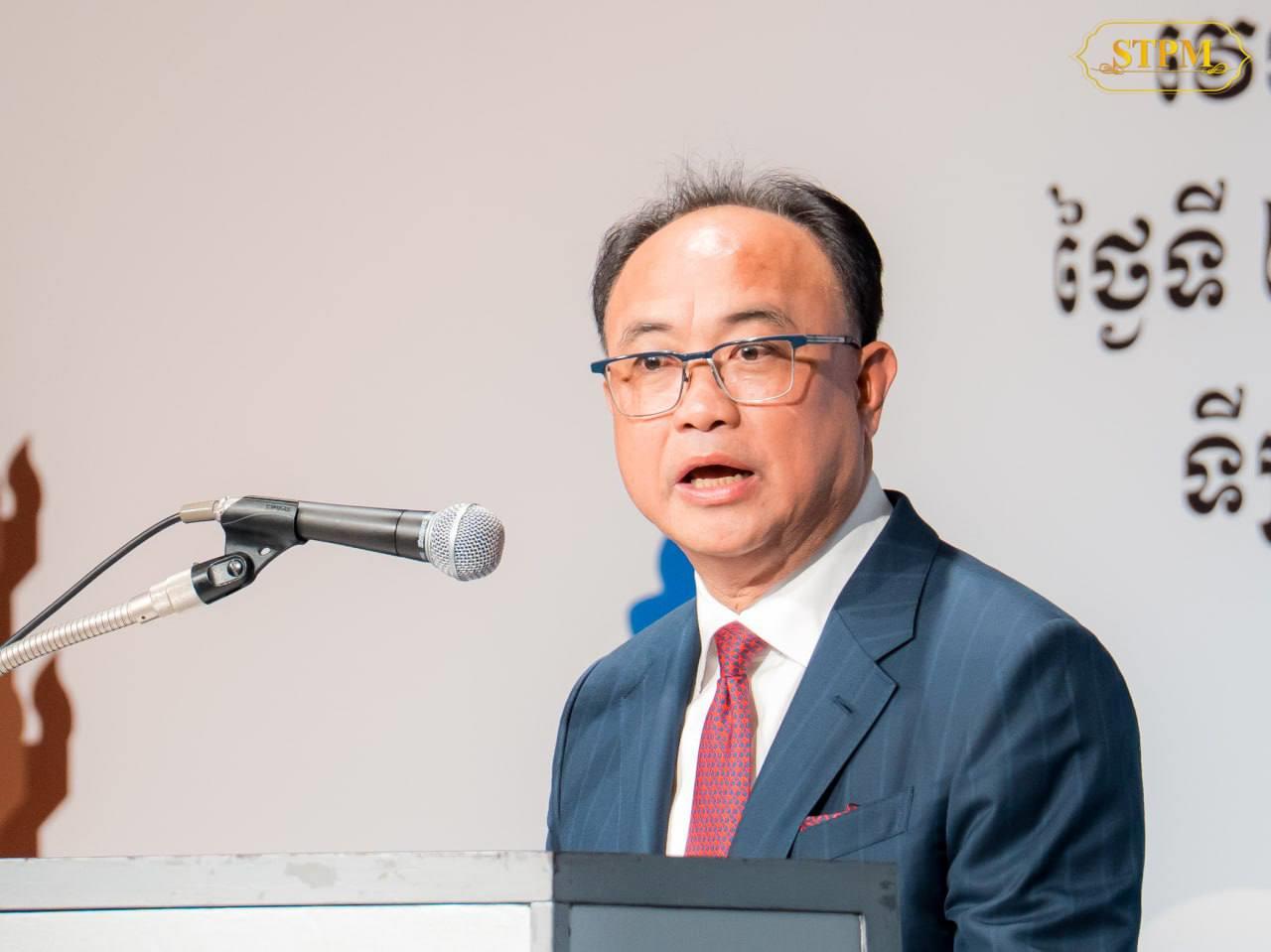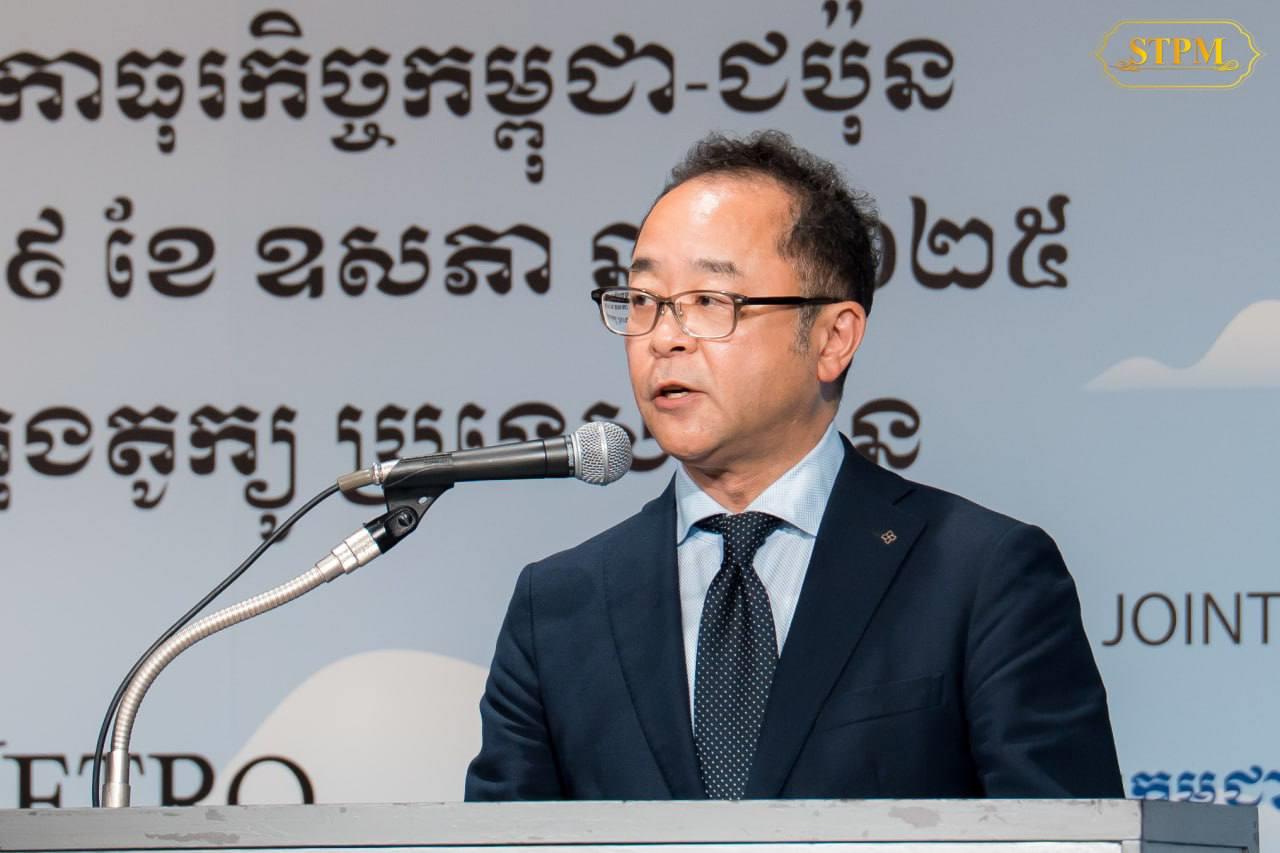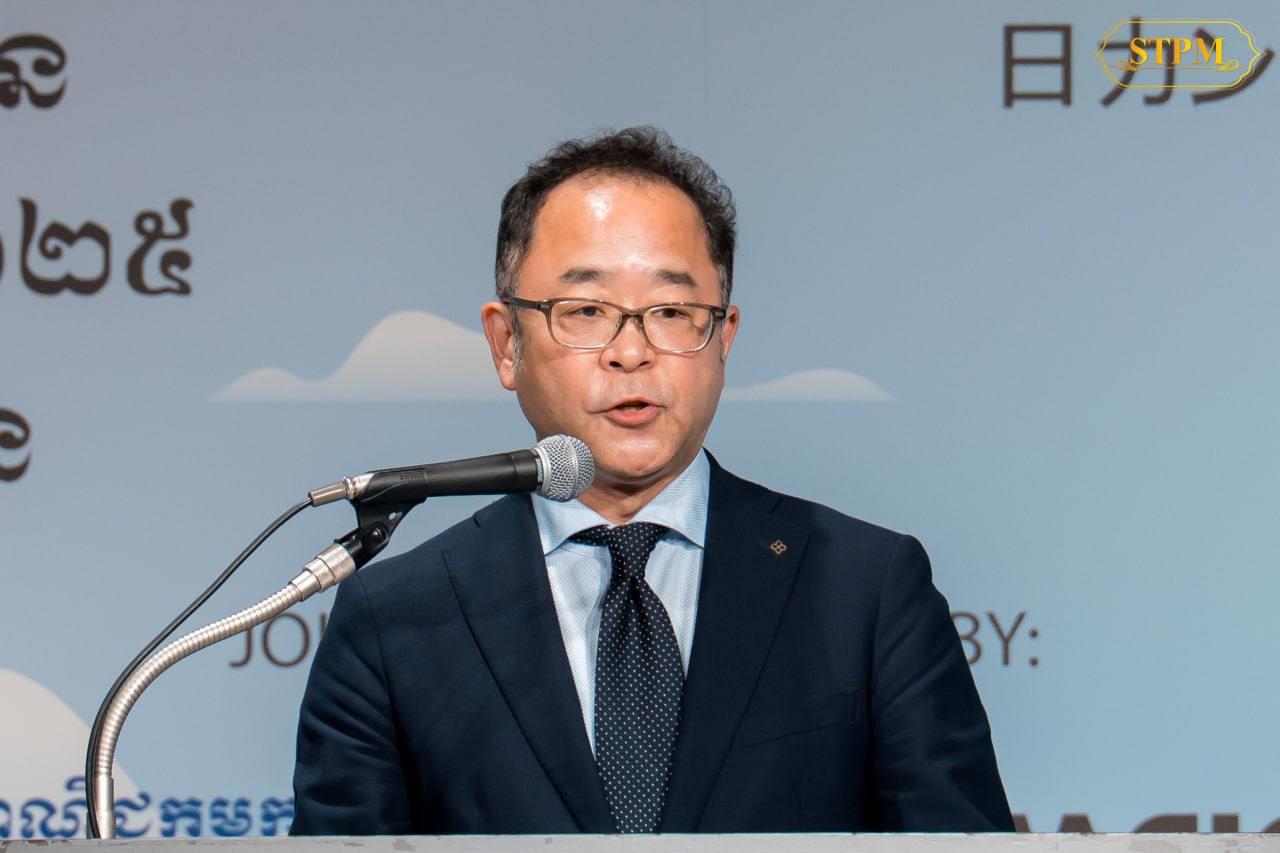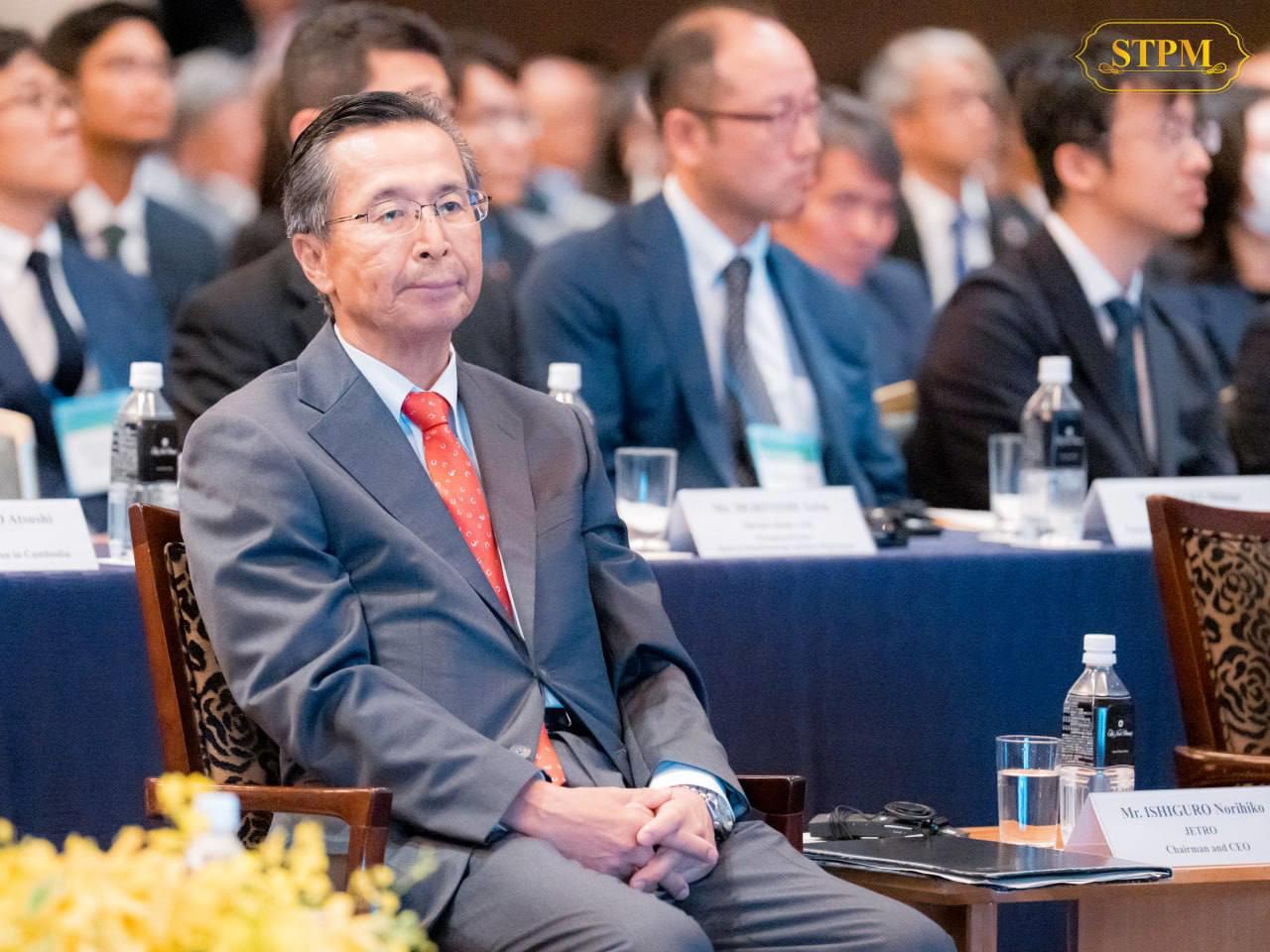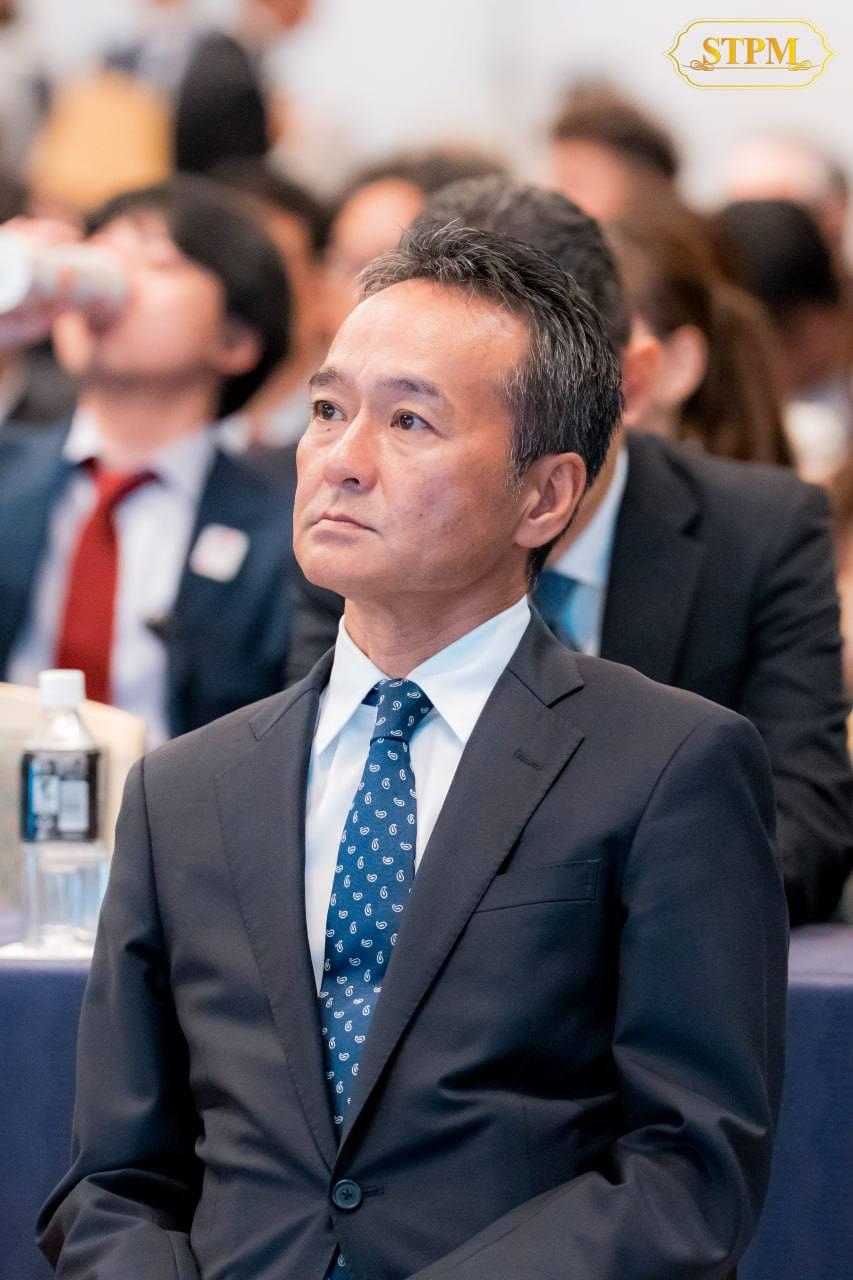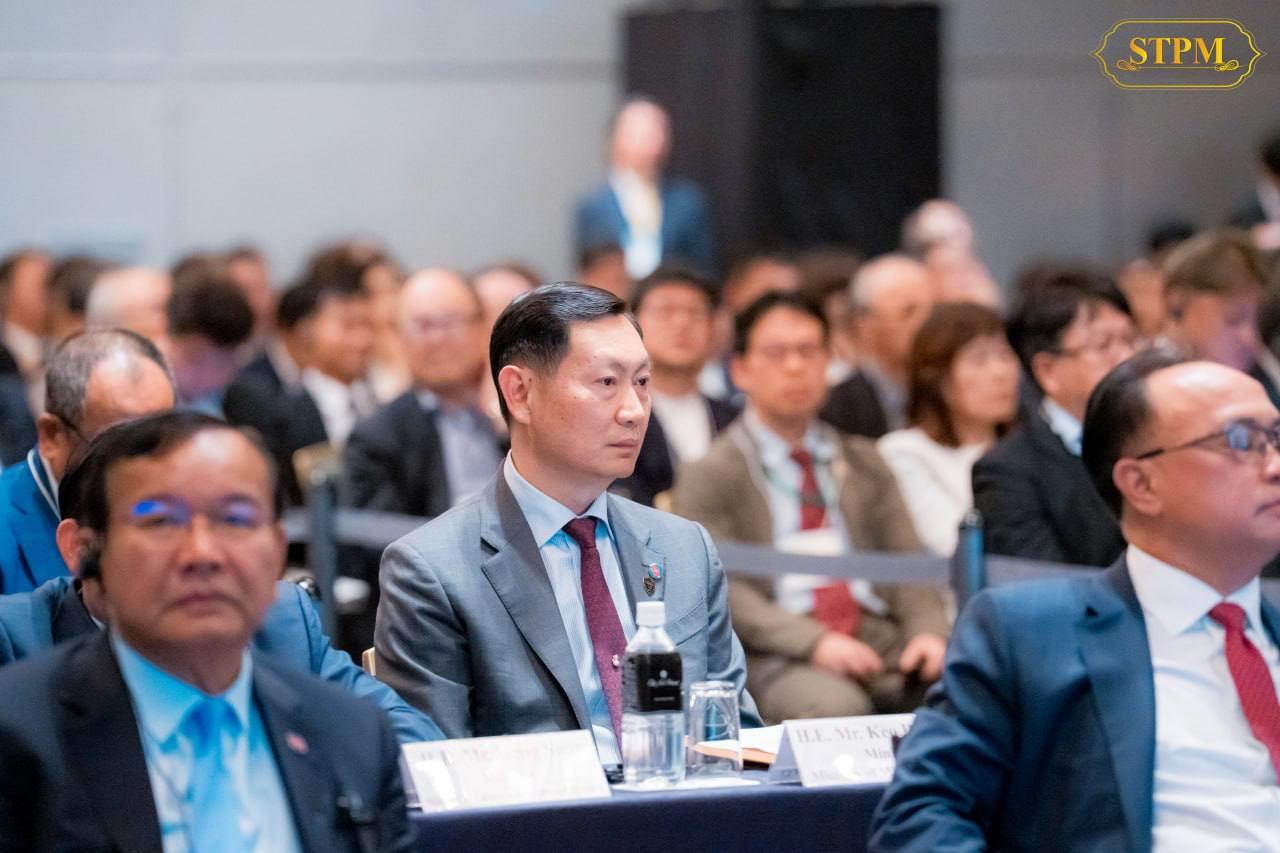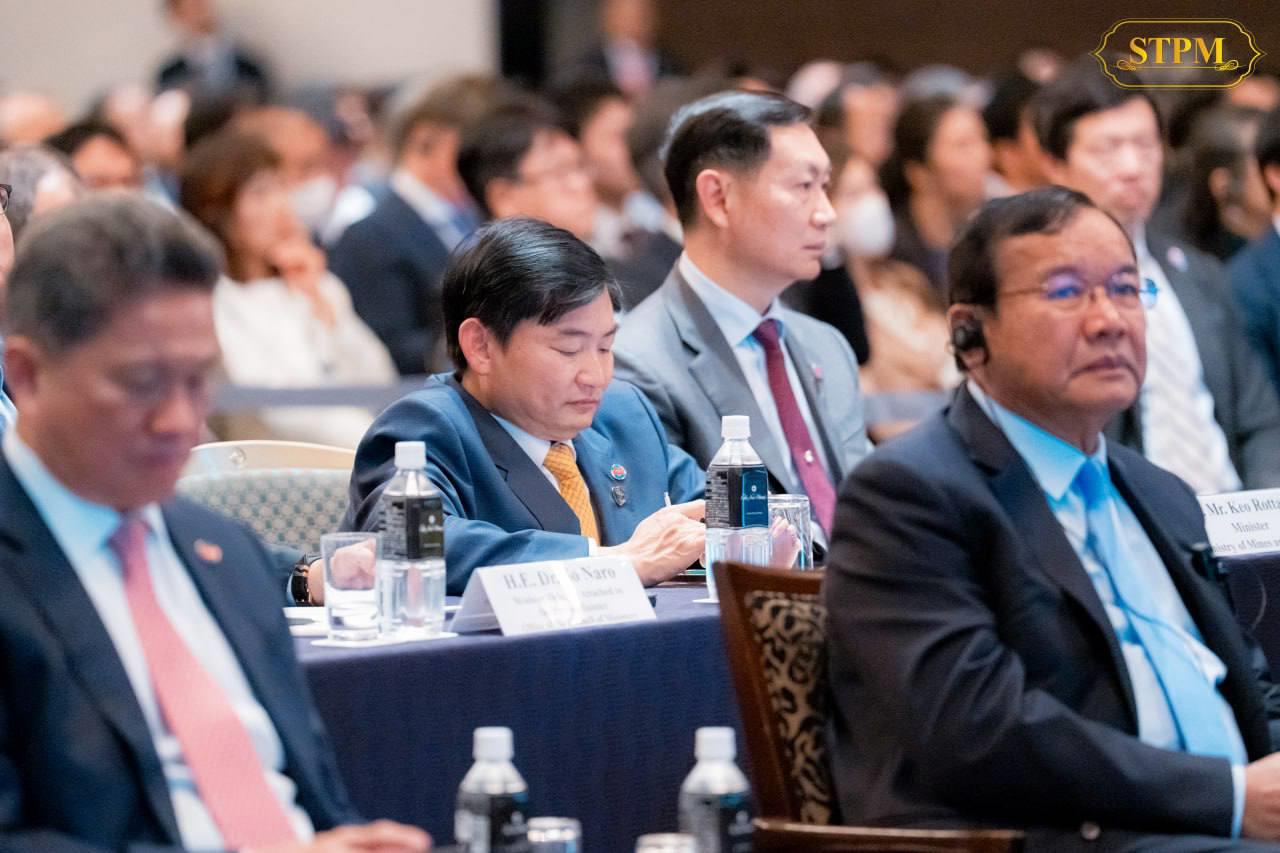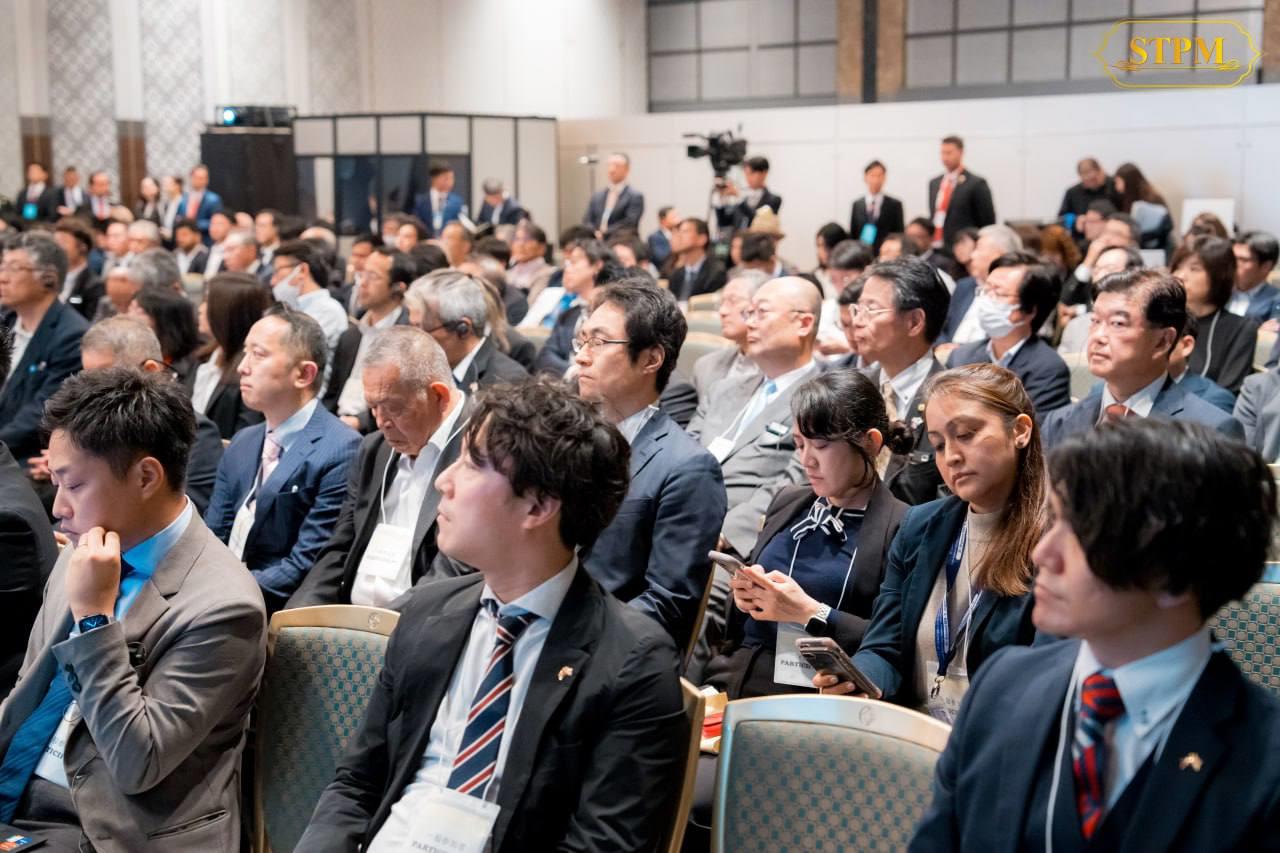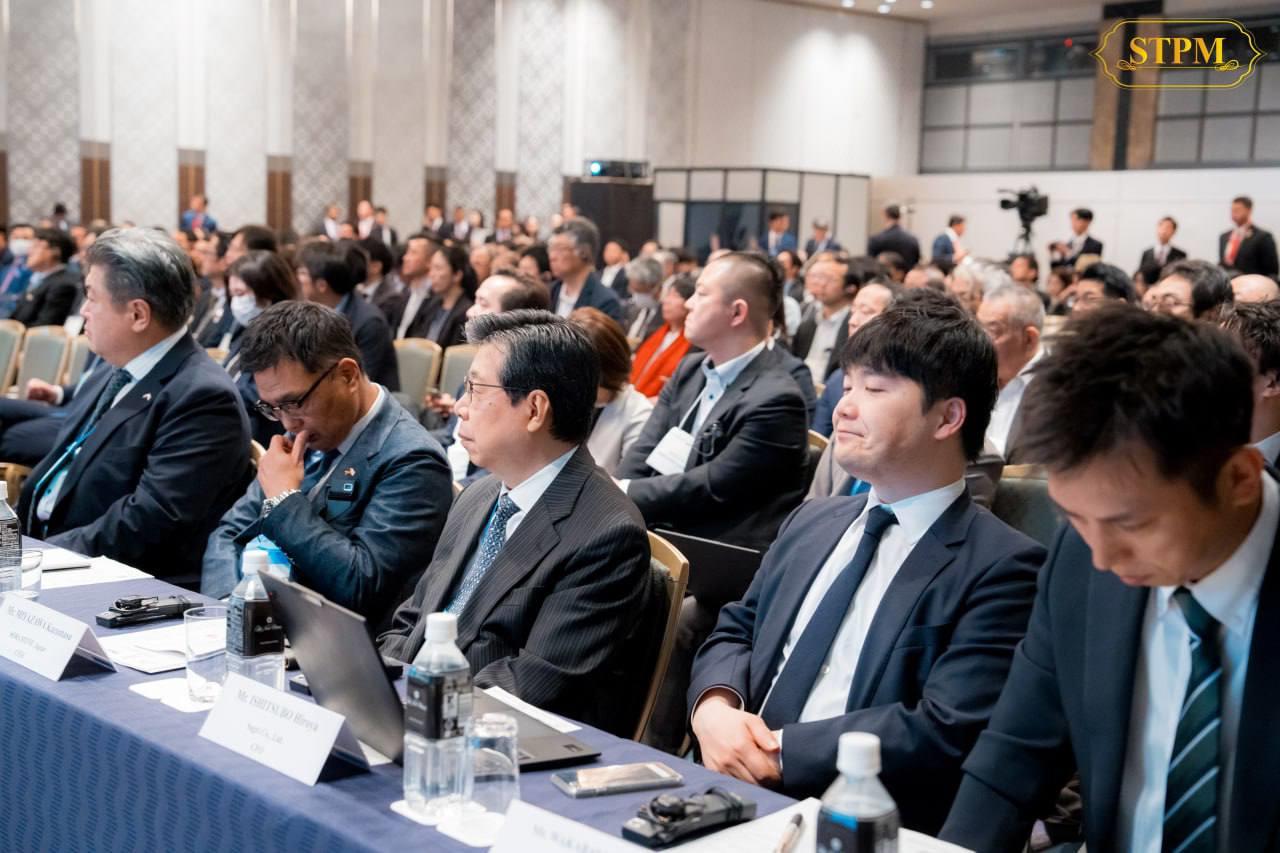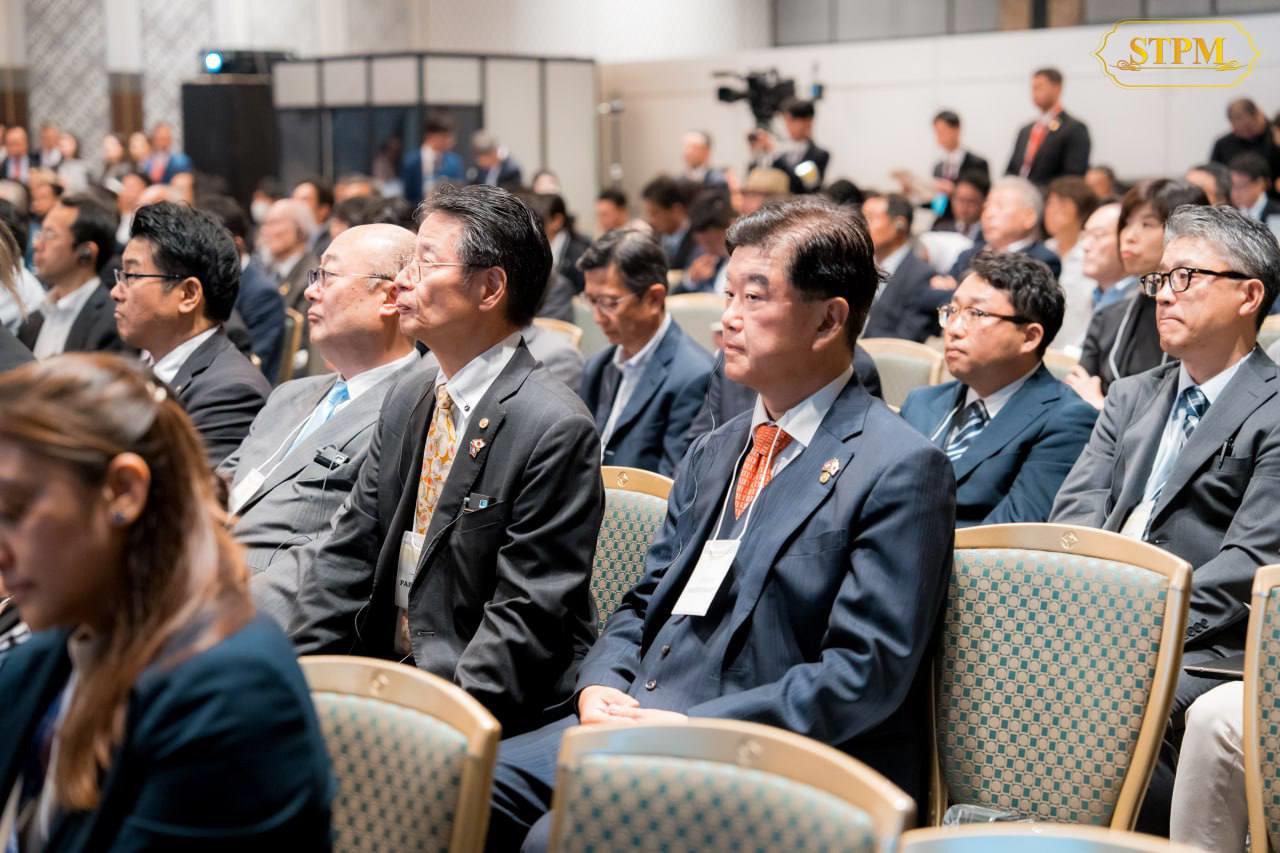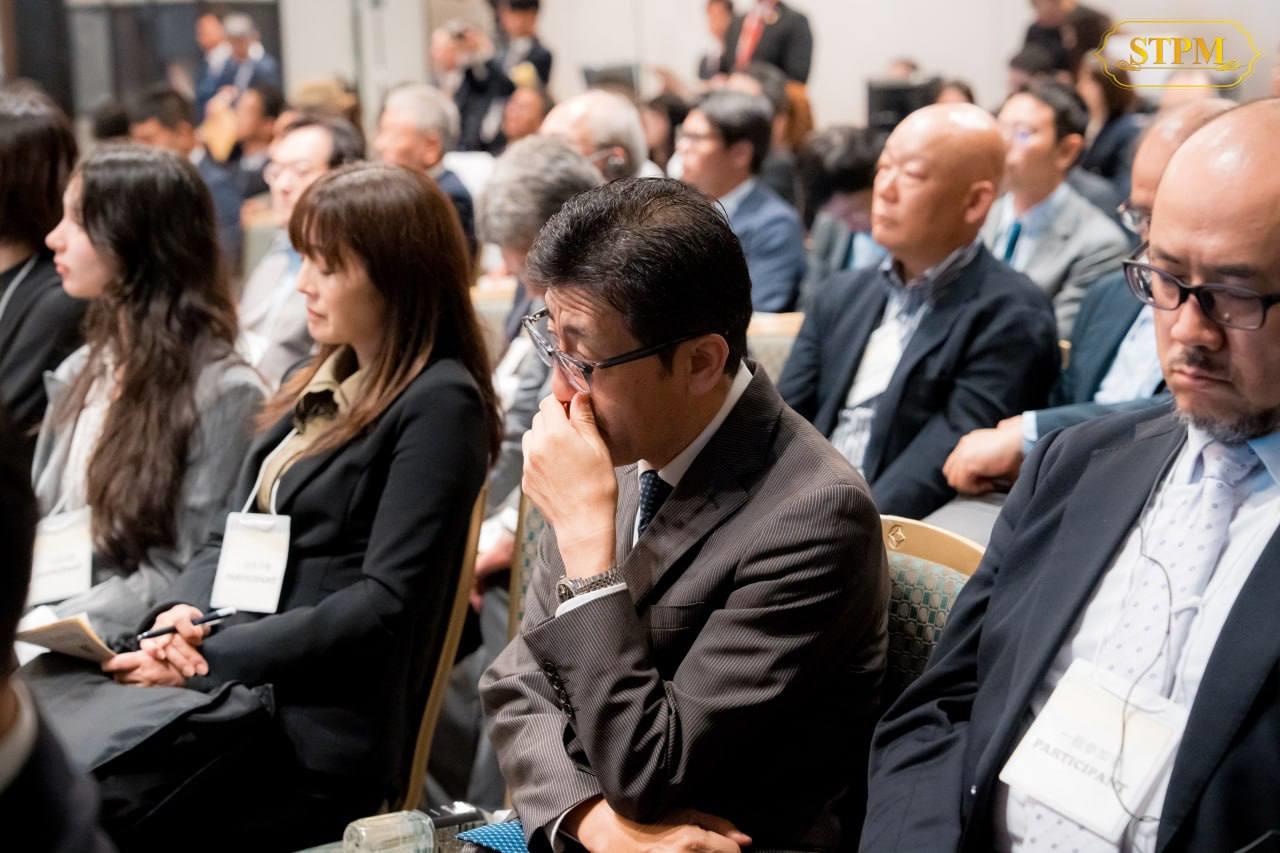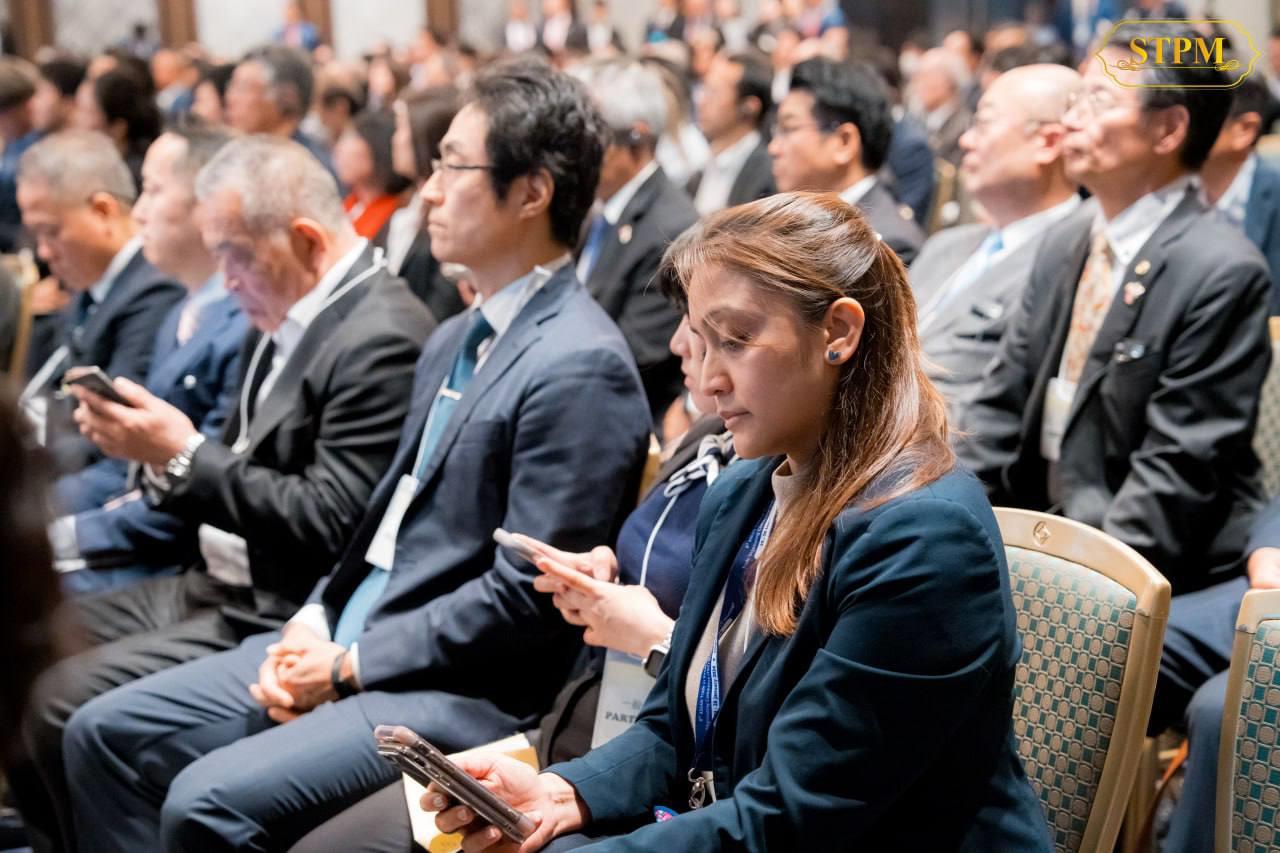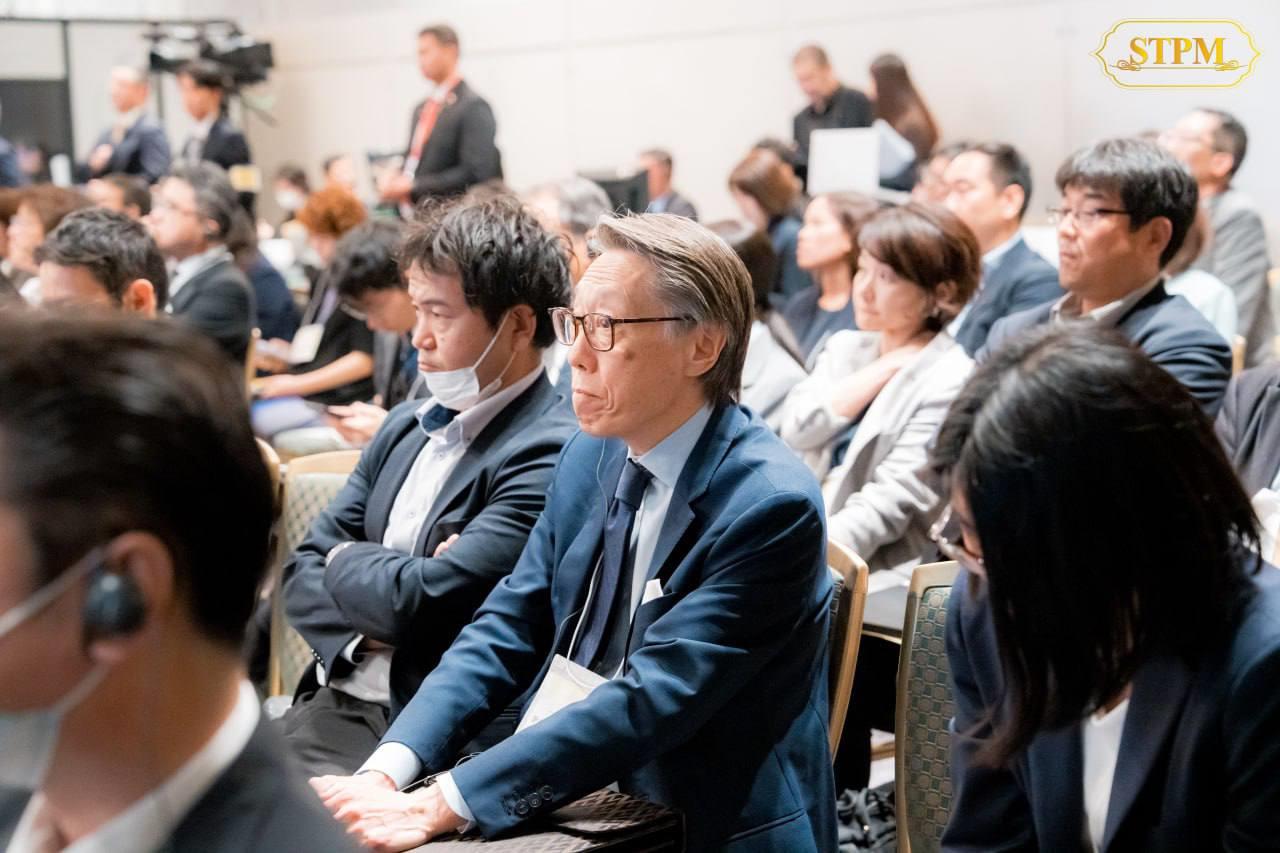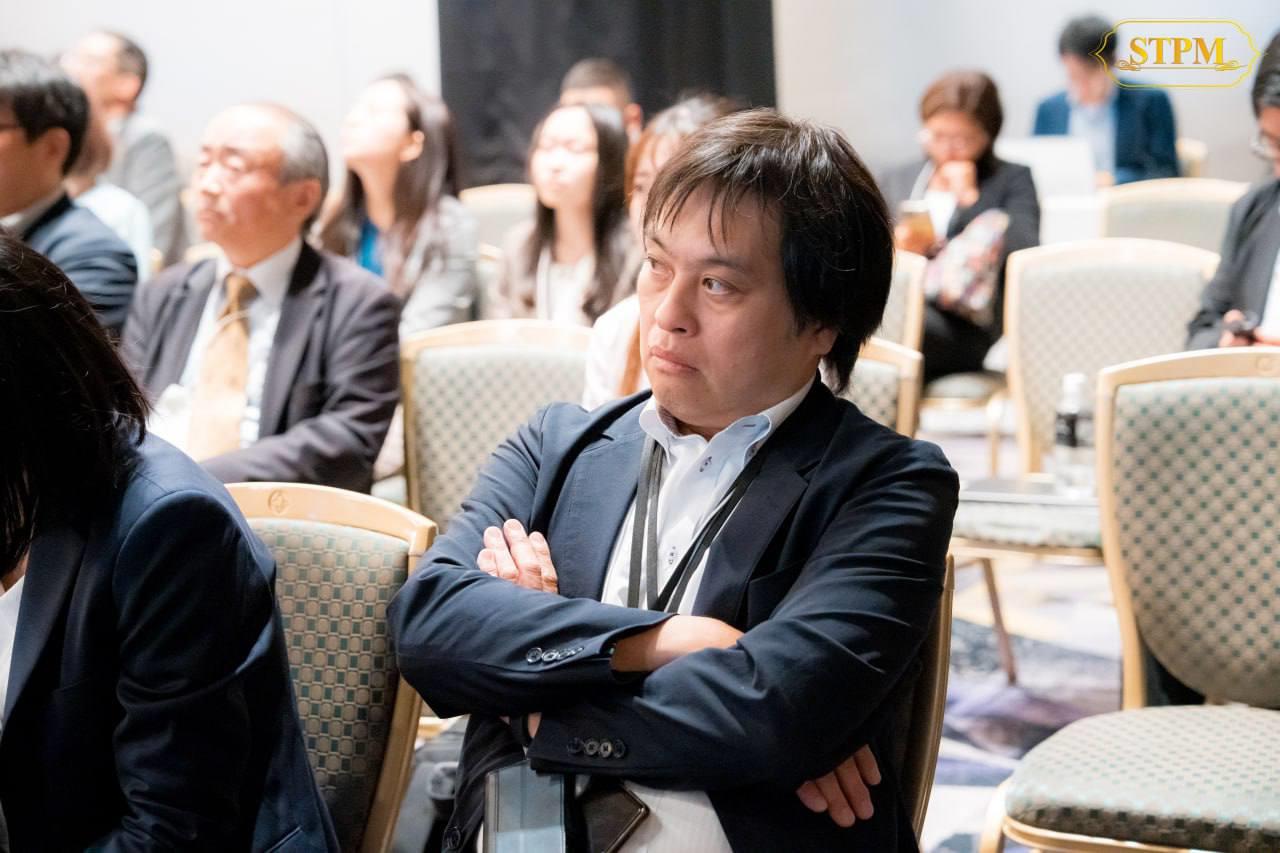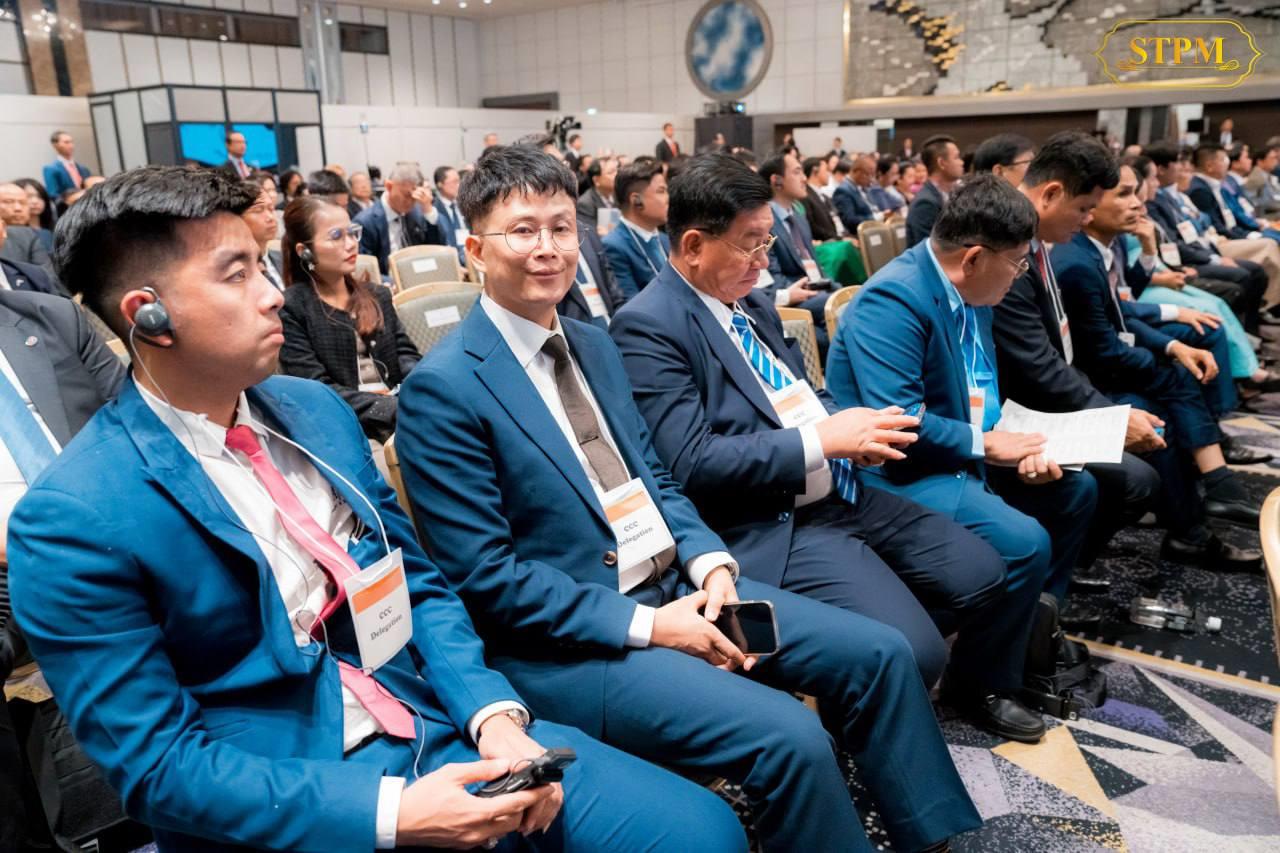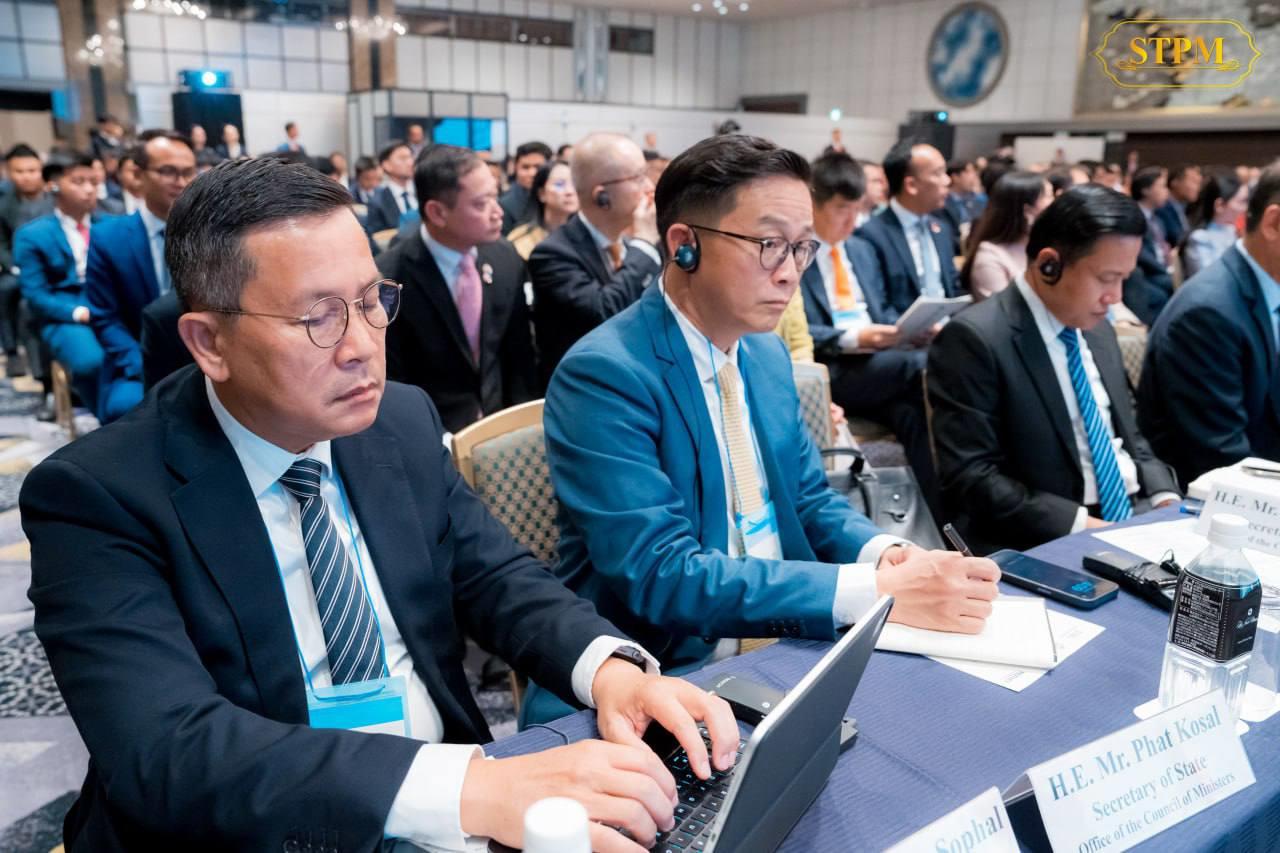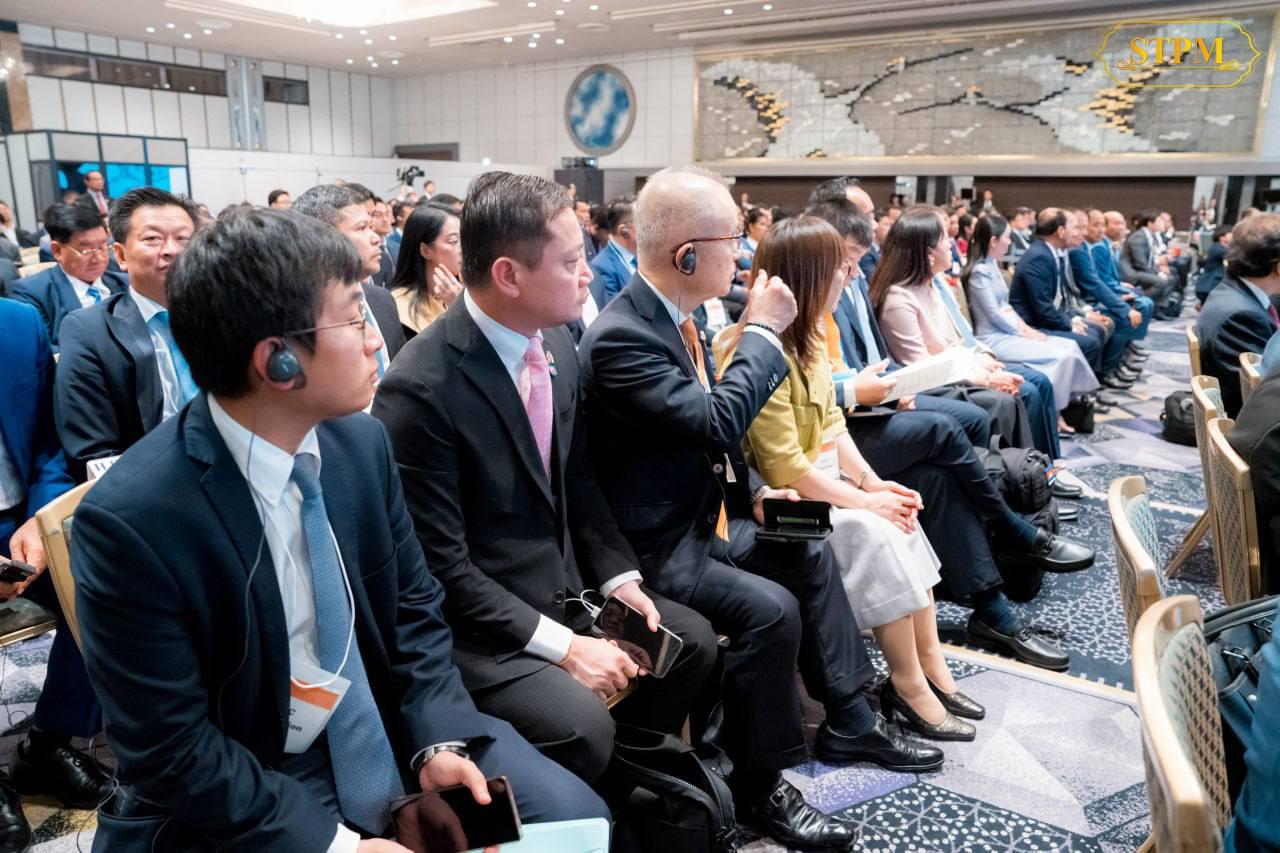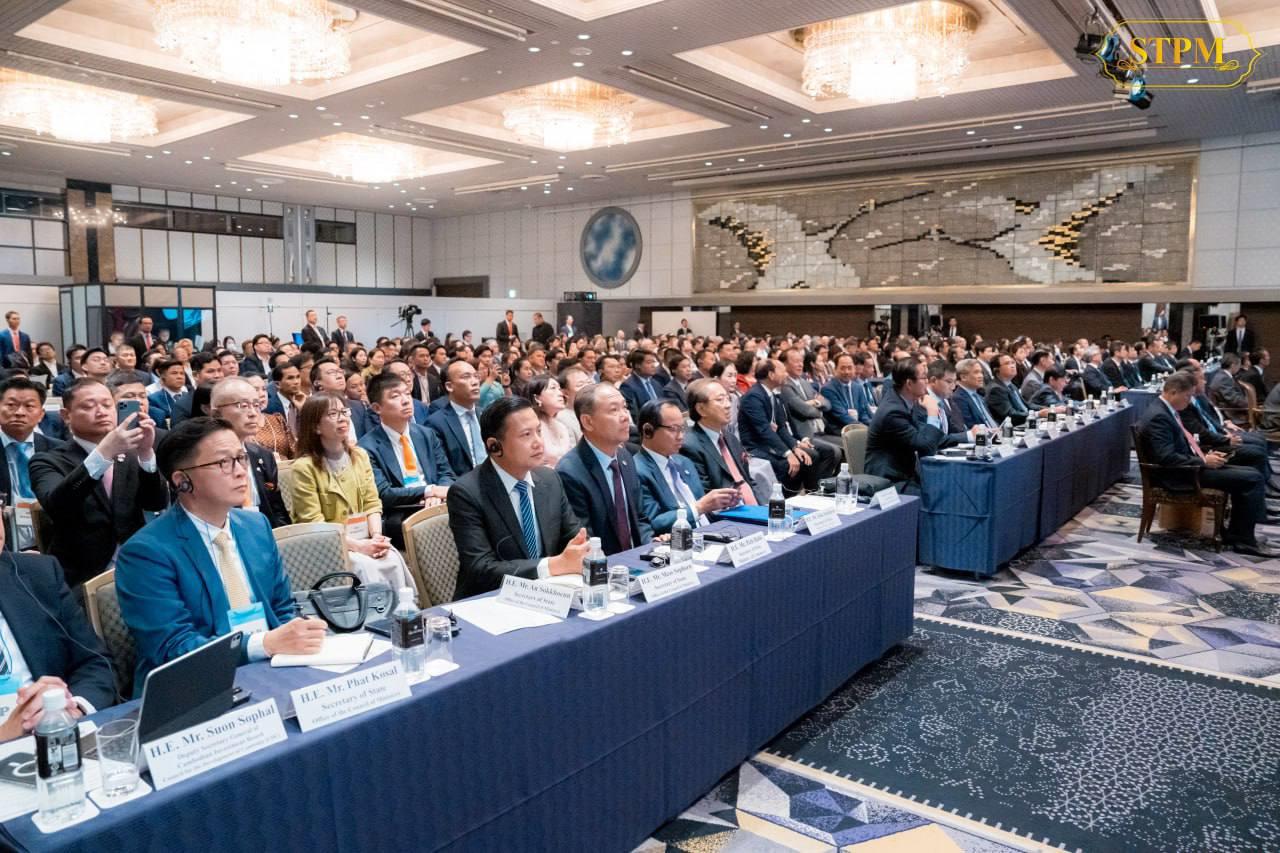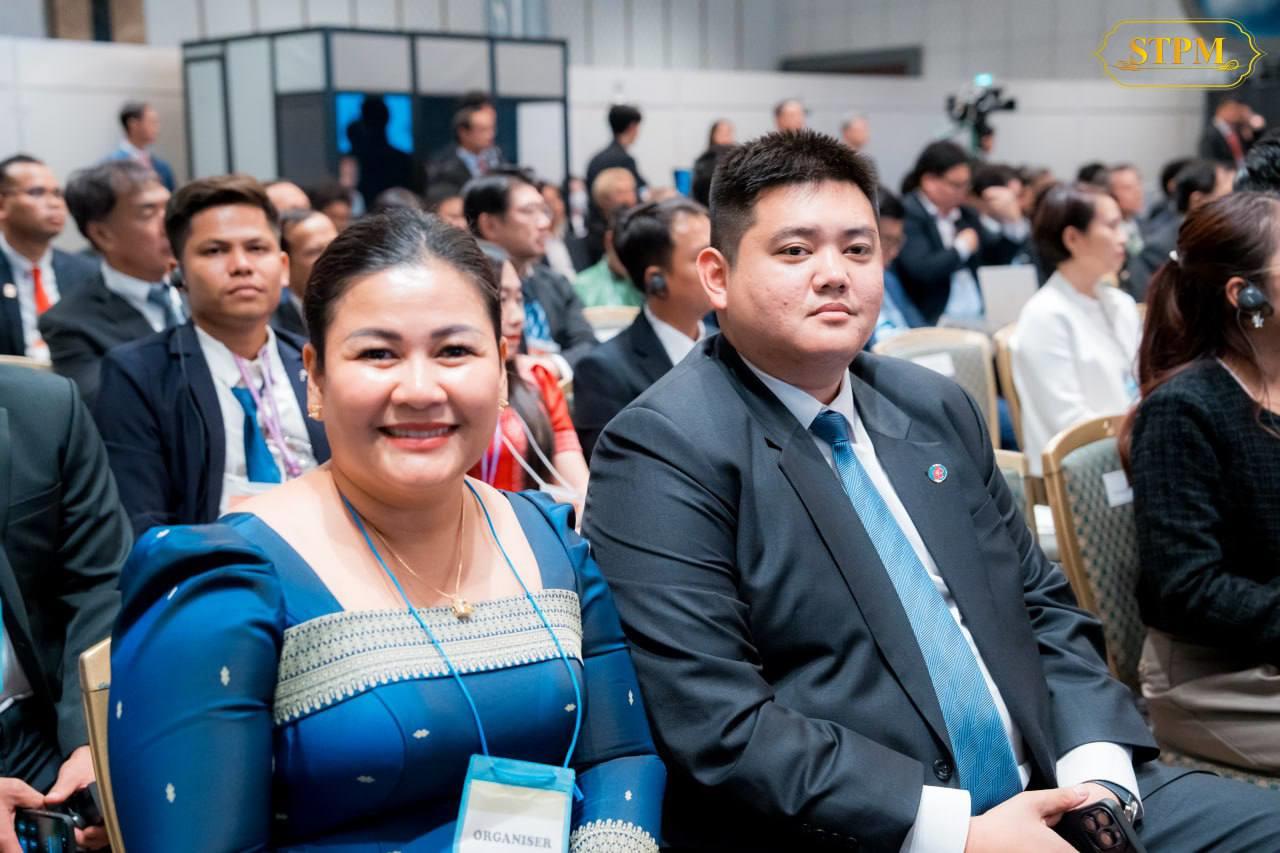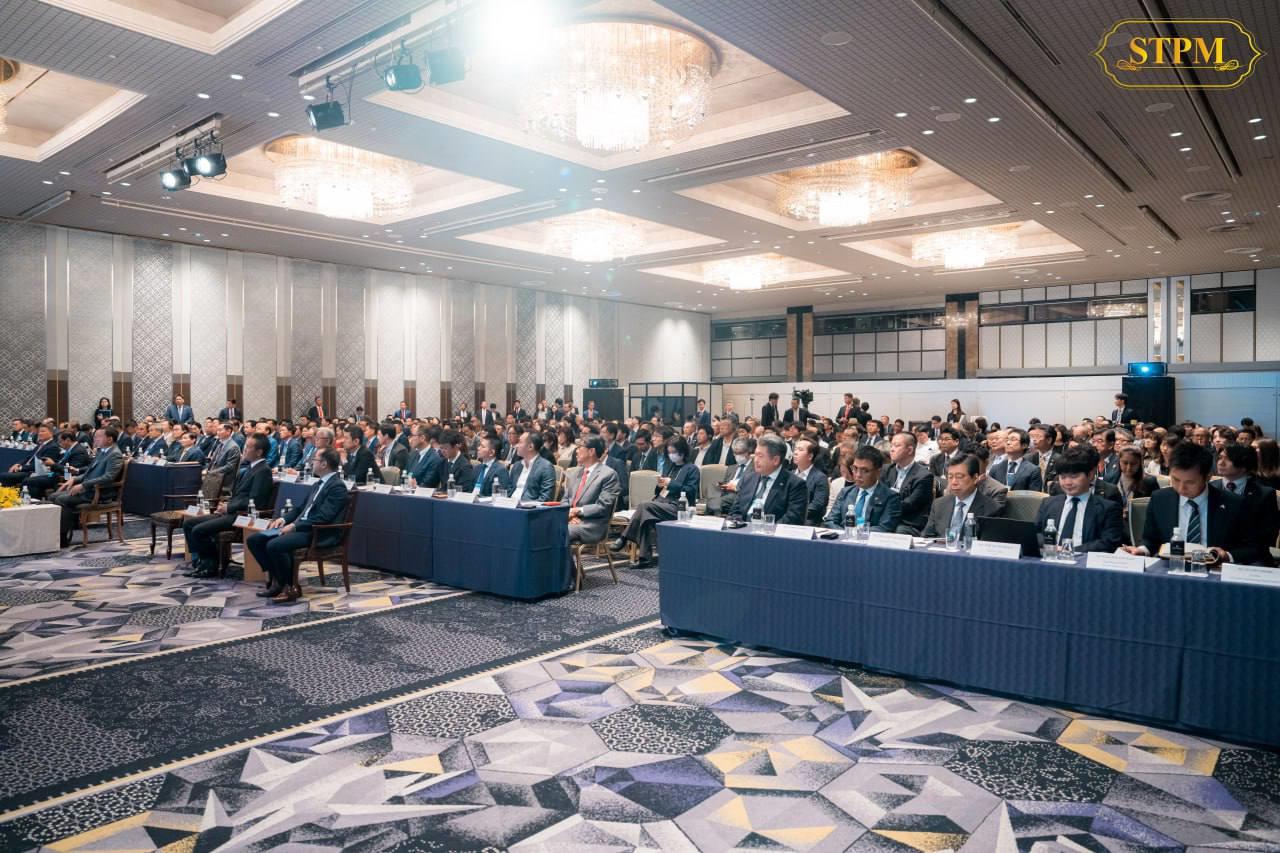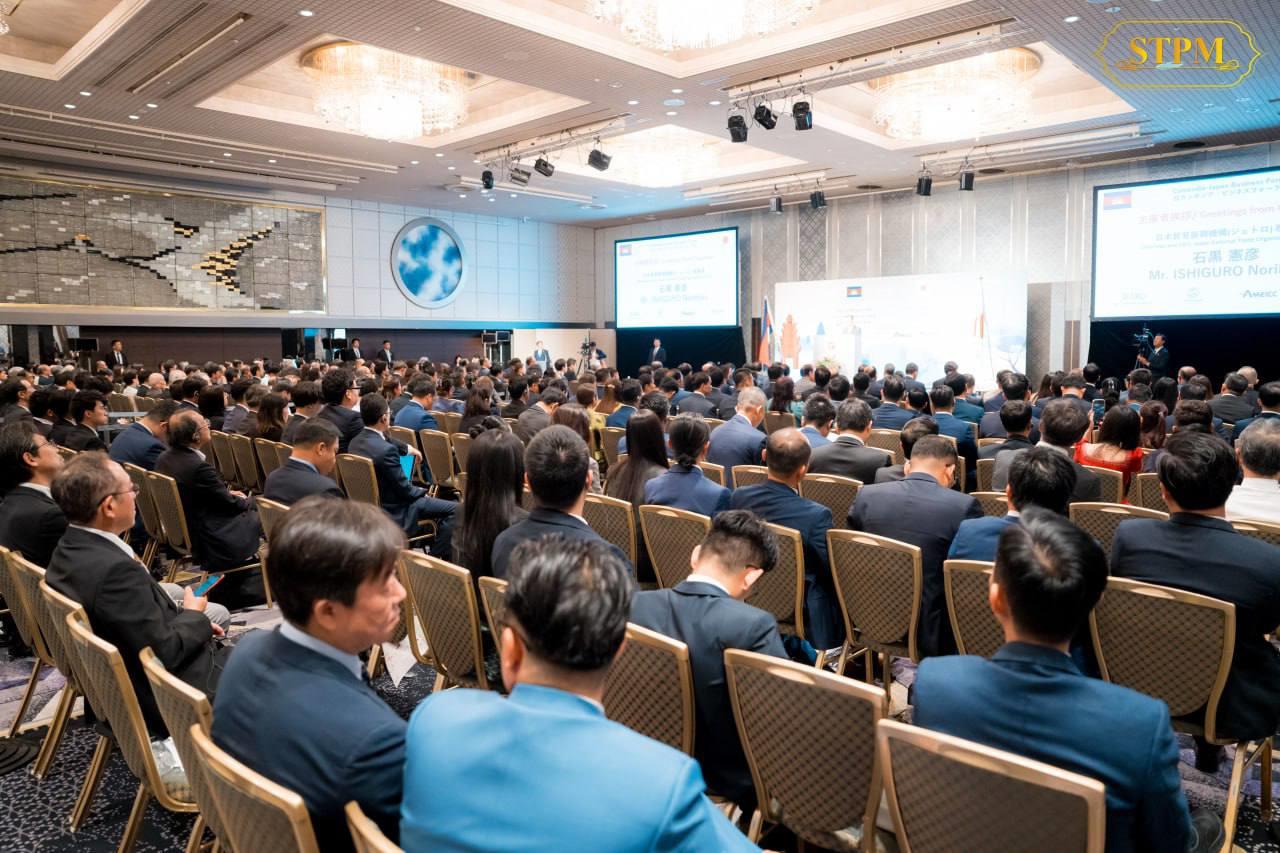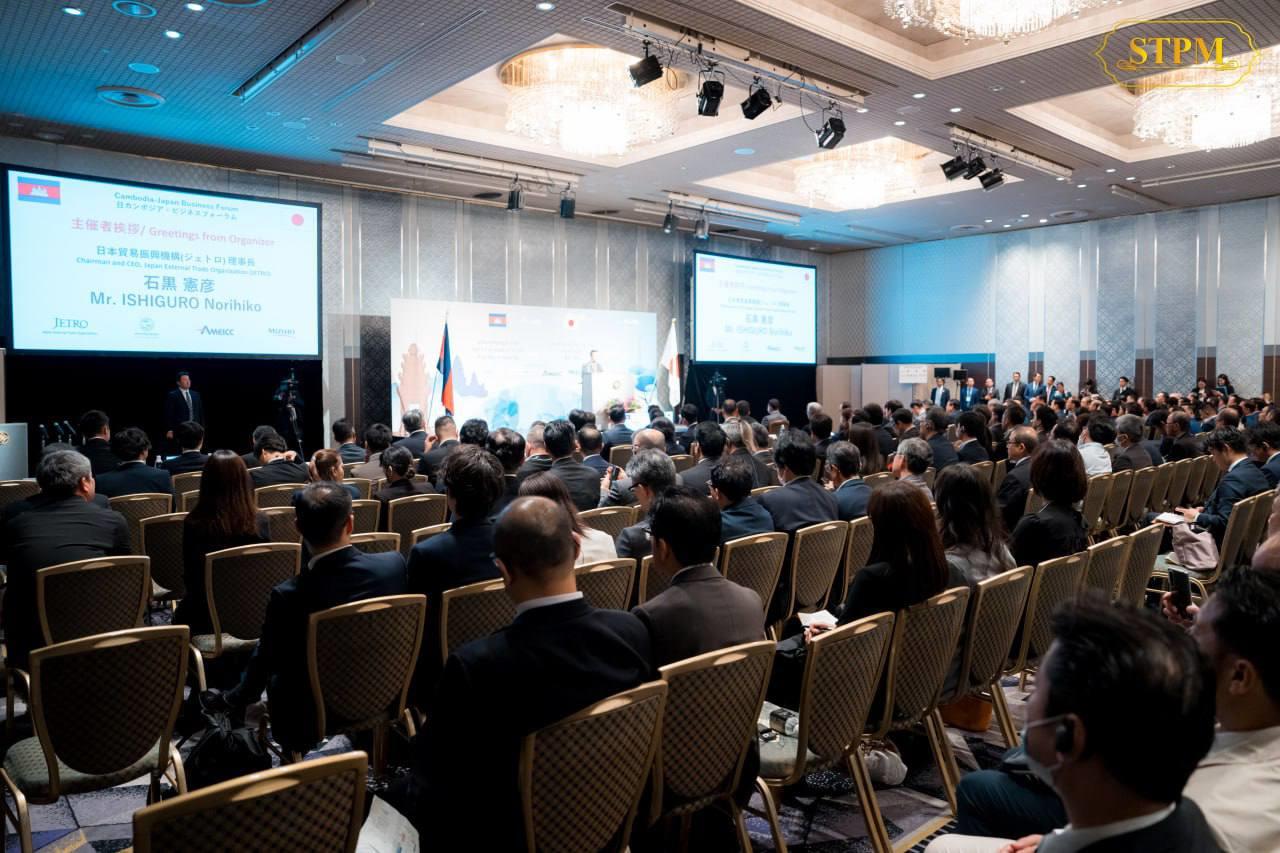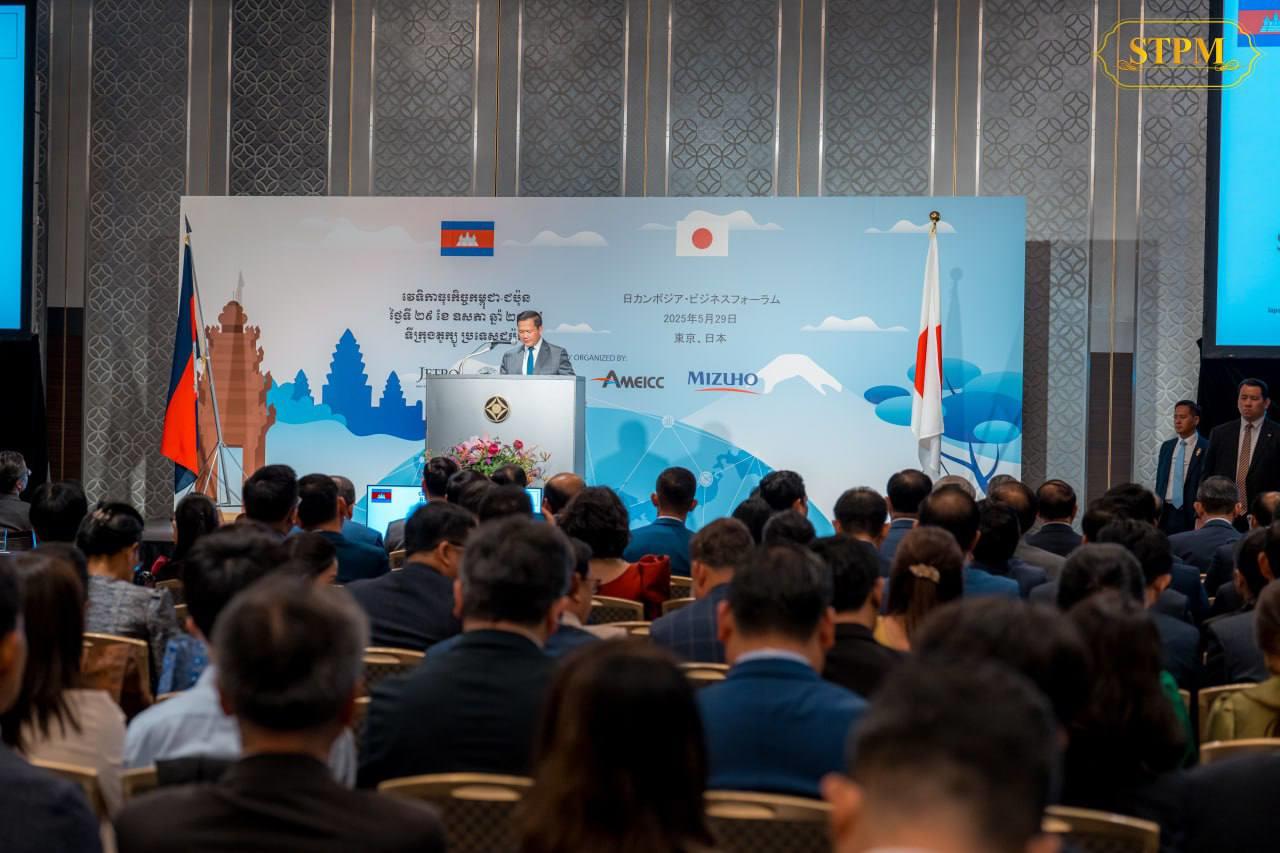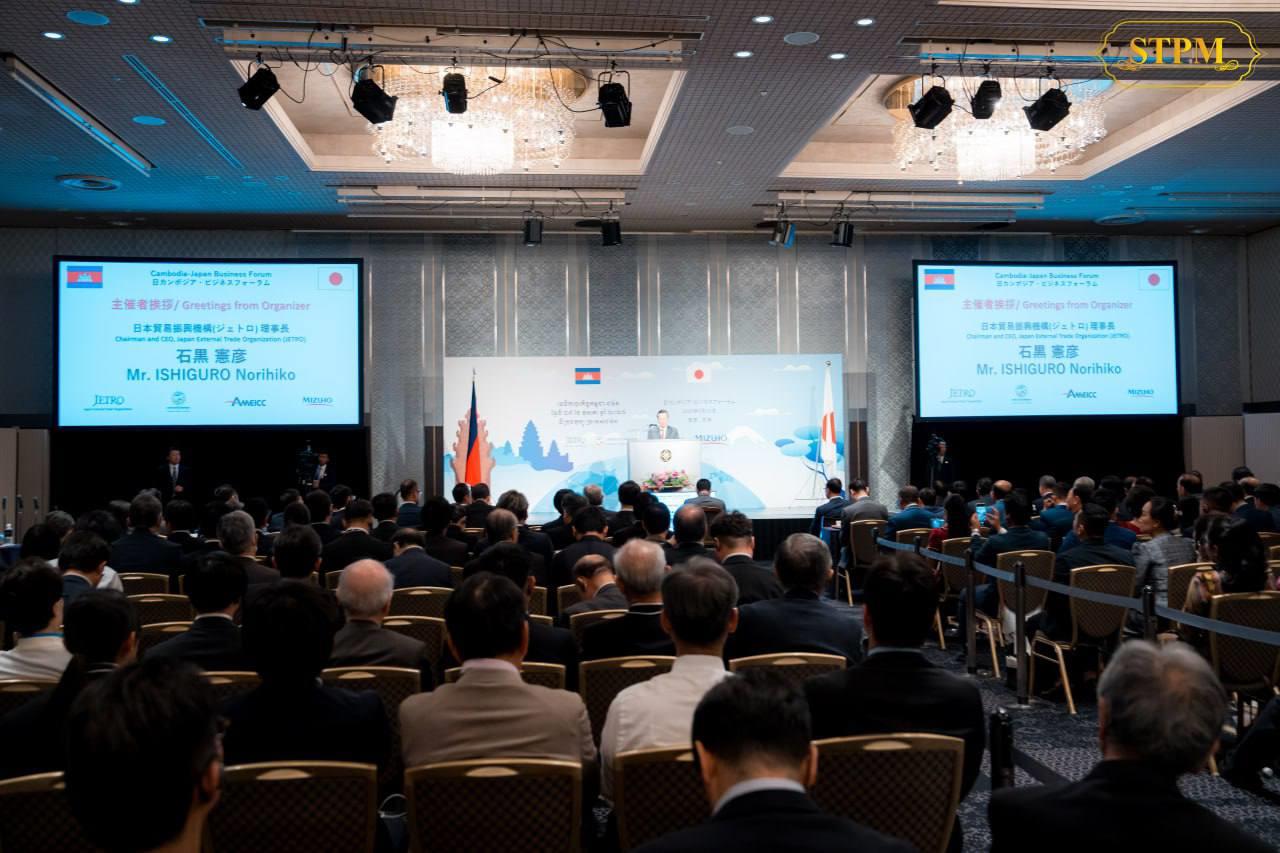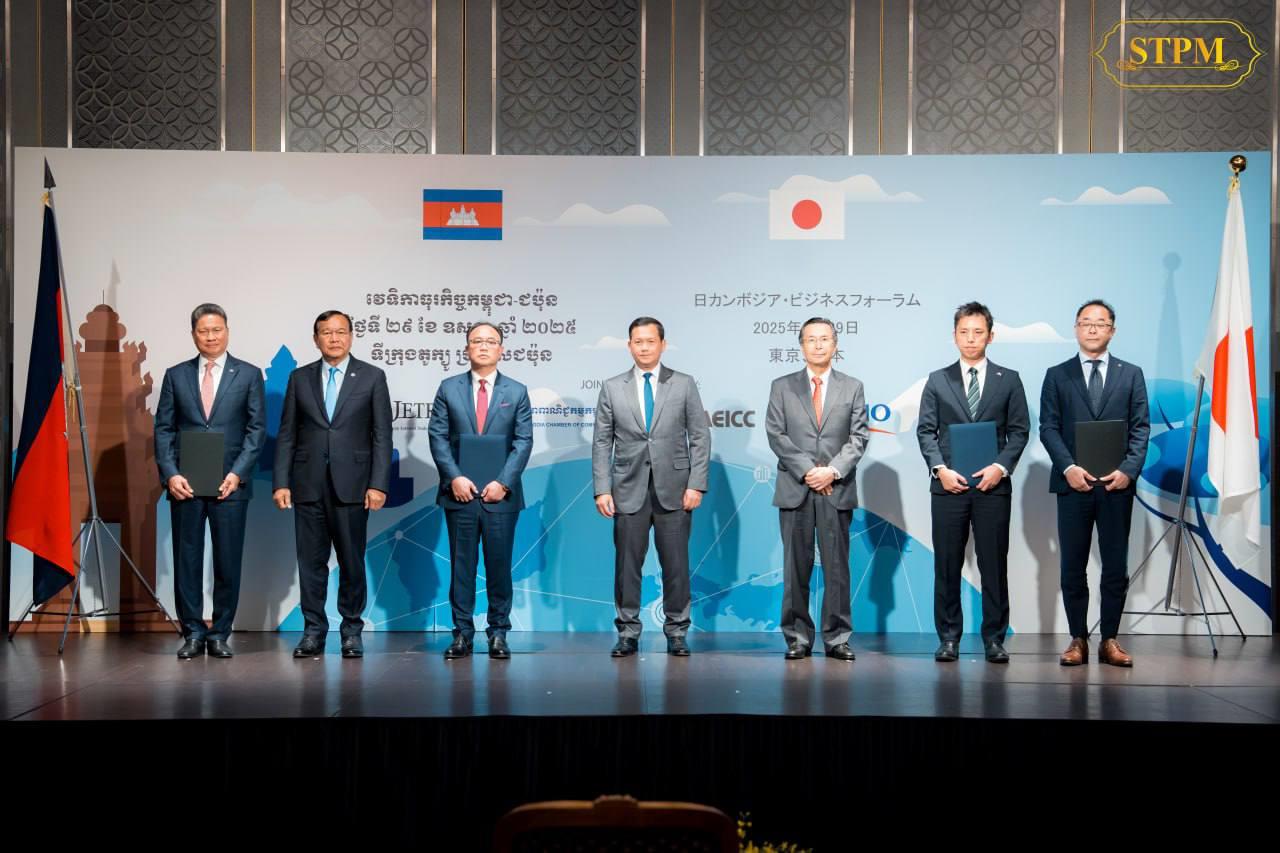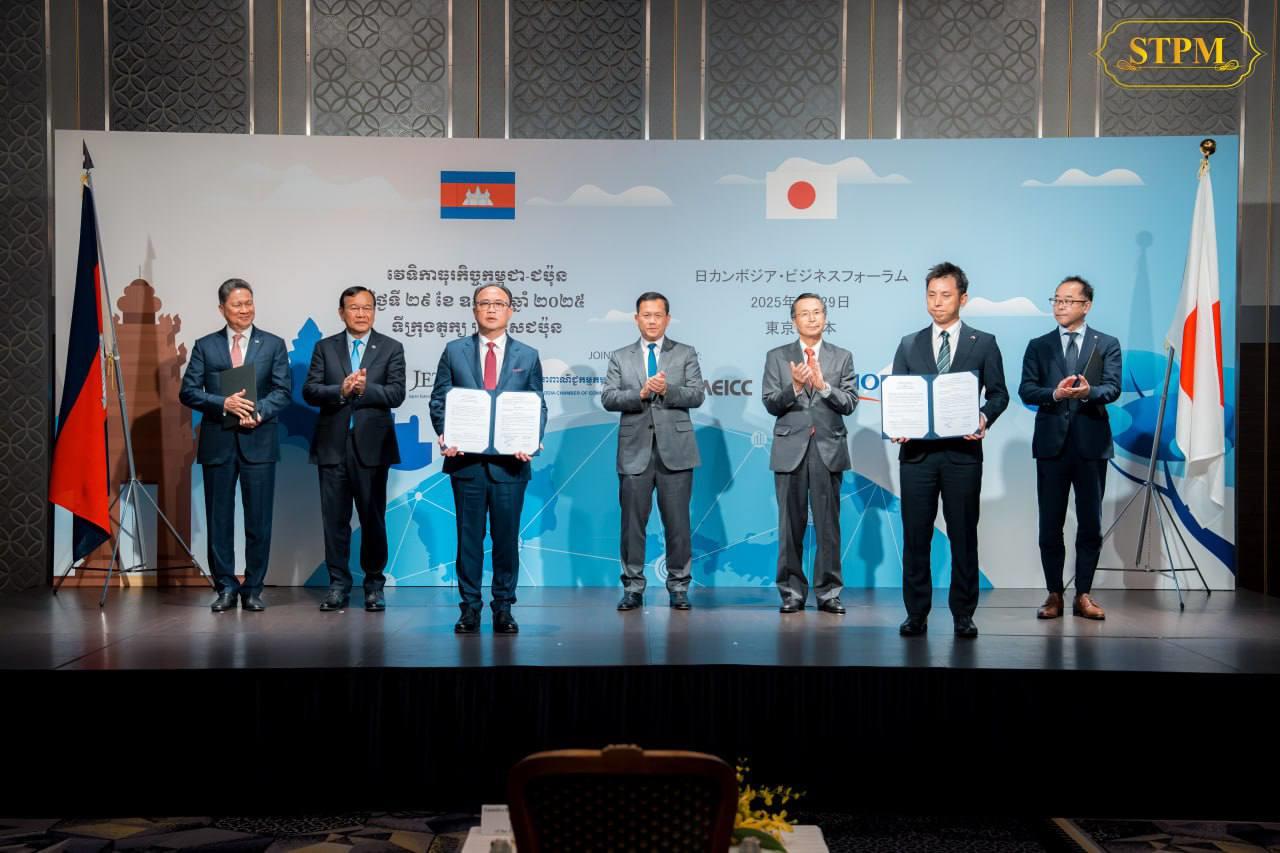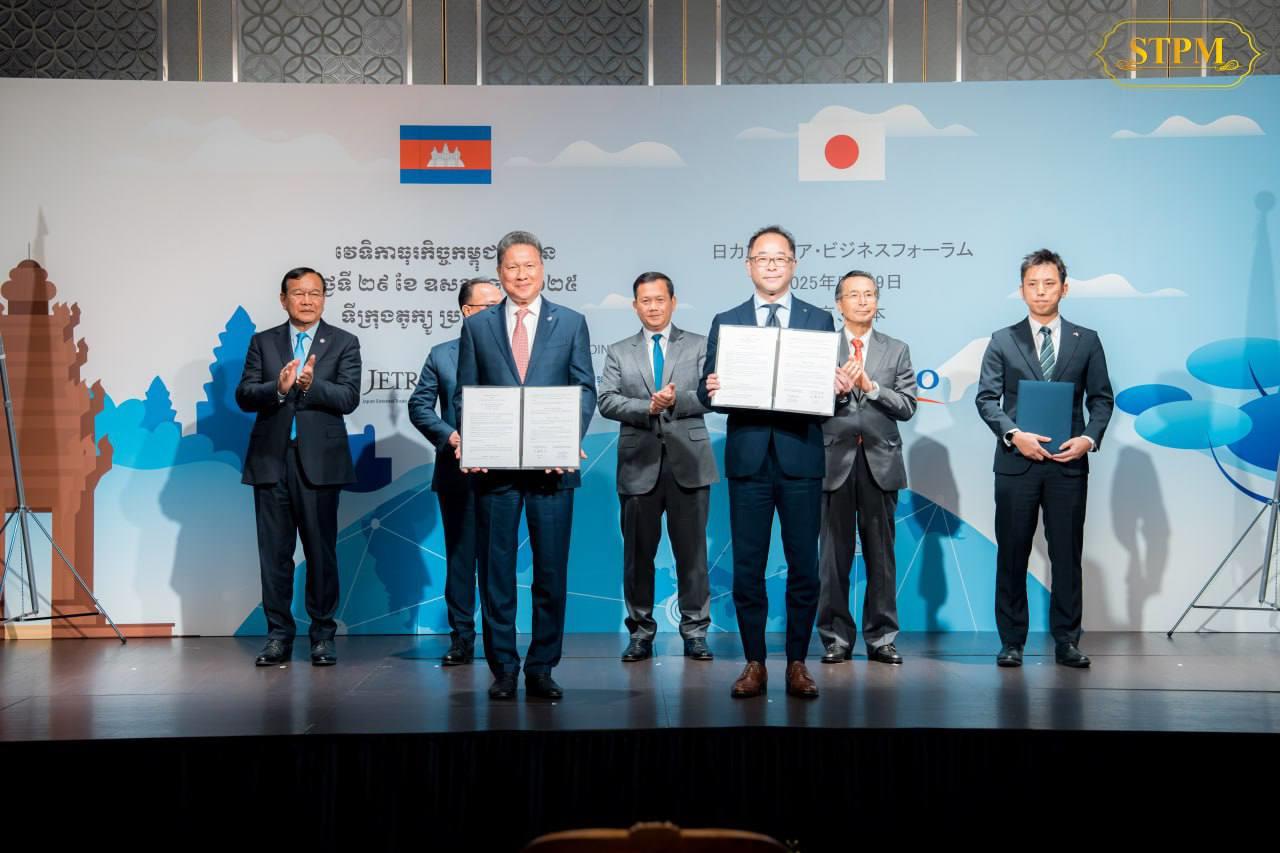(Tokyo): Cambodian Prime Minister Hun Manet invited Japanese companies to invest in Cambodia to produce goods for both the domestic market and global export. He highlighted five key advantages that make Cambodia an attractive investment destination.
The premier spoke on Thursday (May 29) during Cambodia-Japan Business Forum in Tokyo, Japan.
The five key investment advantages include as follows:
1. Cambodia offers a politically stable environment with sustained macroeconomic growth, providing a solid and reliable foundation for long-term investment. Before the COVID19 pandemic, the country's economy consistently grew at around 7 per cent annually. Current forecasts project medium-term growth between 5 per cent and 6 per cent. This growth is driven by ongoing reform policies, regular government-private sector dialogues, and a long-term vision focused on sustainable and green development.
2. The Cambodian government maintains direct engagement with investors as a core policy. A key mechanism for this is the Government-Private Sector Forum, held regularly to address investor concerns. For example, during the 19th Government-Private Sector Forum on 13 November 2023, the government announced several key reforms across ten sectors to improve transparency and resolve issues raised by both Cambodian and Japanese investors.
Following this, the General Department of Taxation released a guidebook outlining standard operating procedures to ensure clarity, predictability, and transparency, especially regarding tax audits. Cambodia also conducts biannual consultations with the Japanese private sector to address their specific needs. The government is committed not only to attracting new investors but also to supporting existing ones in their expansion. Investors are regarded as vital partners, with a shared vision of “thinking together, working together, sharing responsibility, and growing together.” When challenges arise, the government encourages investors to collaborate on finding solutions, demonstrating the new administration’s dedication to enhancing competitiveness, even as a smaller economy.
3. Cambodia has enacted investor-friendly legislation, such as the Law on Investment, which includes generous tax incentives such as up to five years of tax exemption for priority sectors. The government has also prioritized the development and efficient management of Special Economic Zones (SEZs), the improvement of modern infrastructure, and streamlined administrative procedures. Plans are underway to explore SEZs tailored to specific industries or partner countries, including Japan.
4. As a member of ASEAN and a signatory to the Regional Comprehensive Economic Partnership (RCEP), Cambodia enjoys access to vast regional and global markets. This is further supported by bilateral free trade agreements with countries such as China, South Korea, and the United Arab Emirates. As a member of the World Trade Organisation (WTO), Cambodia adheres to open and transparent trade practices and benefits from preferential market access under the Most-Favored Nation (MFN), Generalised System of Preferences (GSP), and Everything But Arms (EBA) frameworks. While the domestic market consists of around 17 million people, these agreements provide Cambodia with access to significantly larger markets worldwide.
5. Cambodia boasts a young, stable, and increasingly skilled workforce, particularly adept at adapting to modern industrial demands. The government is actively investing in digital transformation, the green economy, and comprehensive infrastructure upgrades, including expressways, deep-sea ports, the Techo Canal project (linking inland waterways to the sea), and the construction of a new international airport.
=FRESH NEWS
